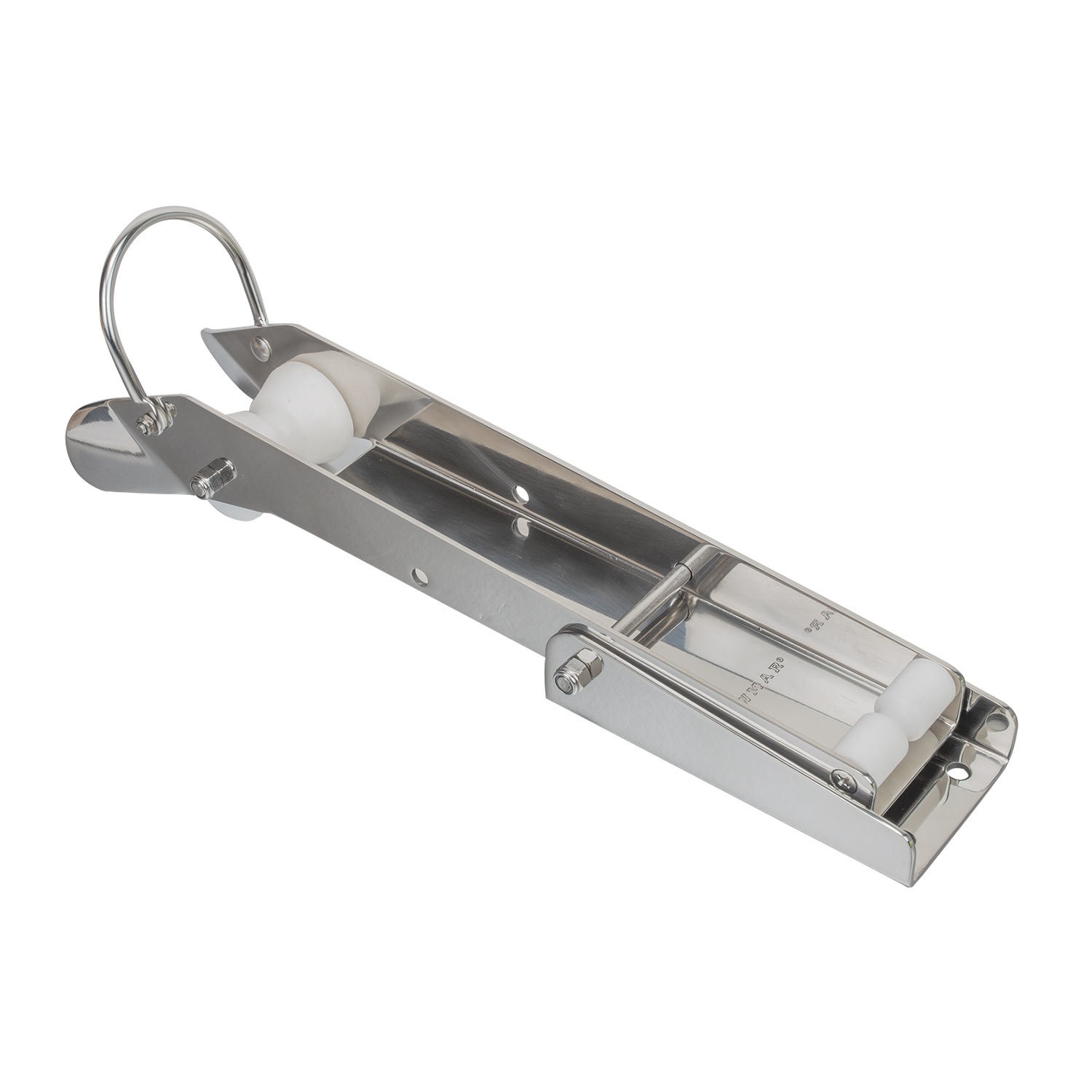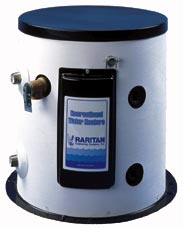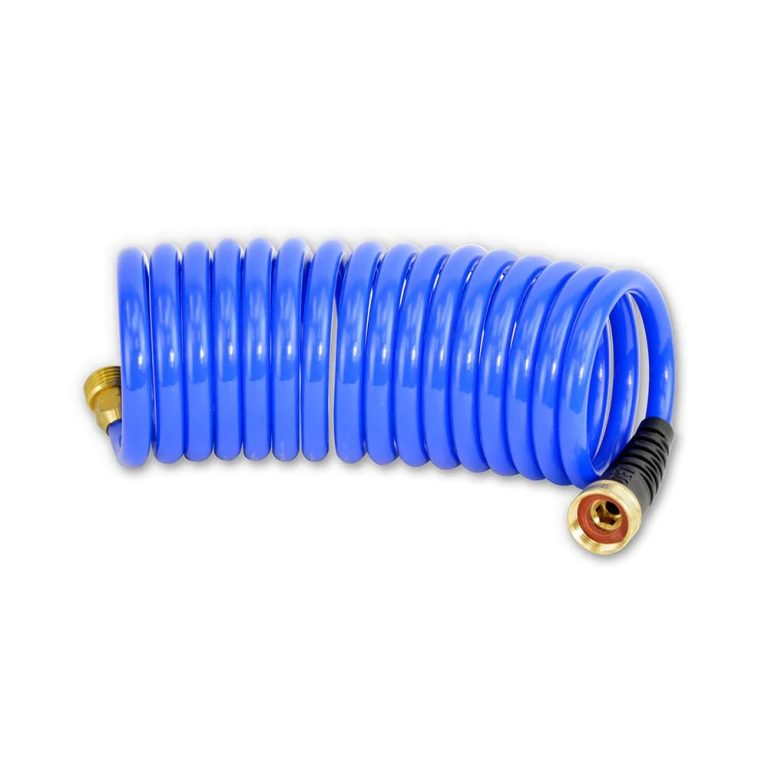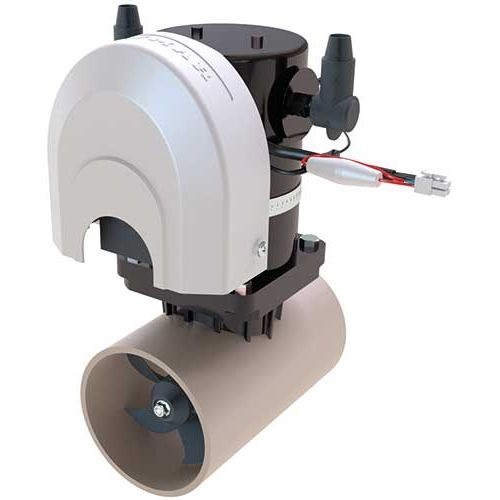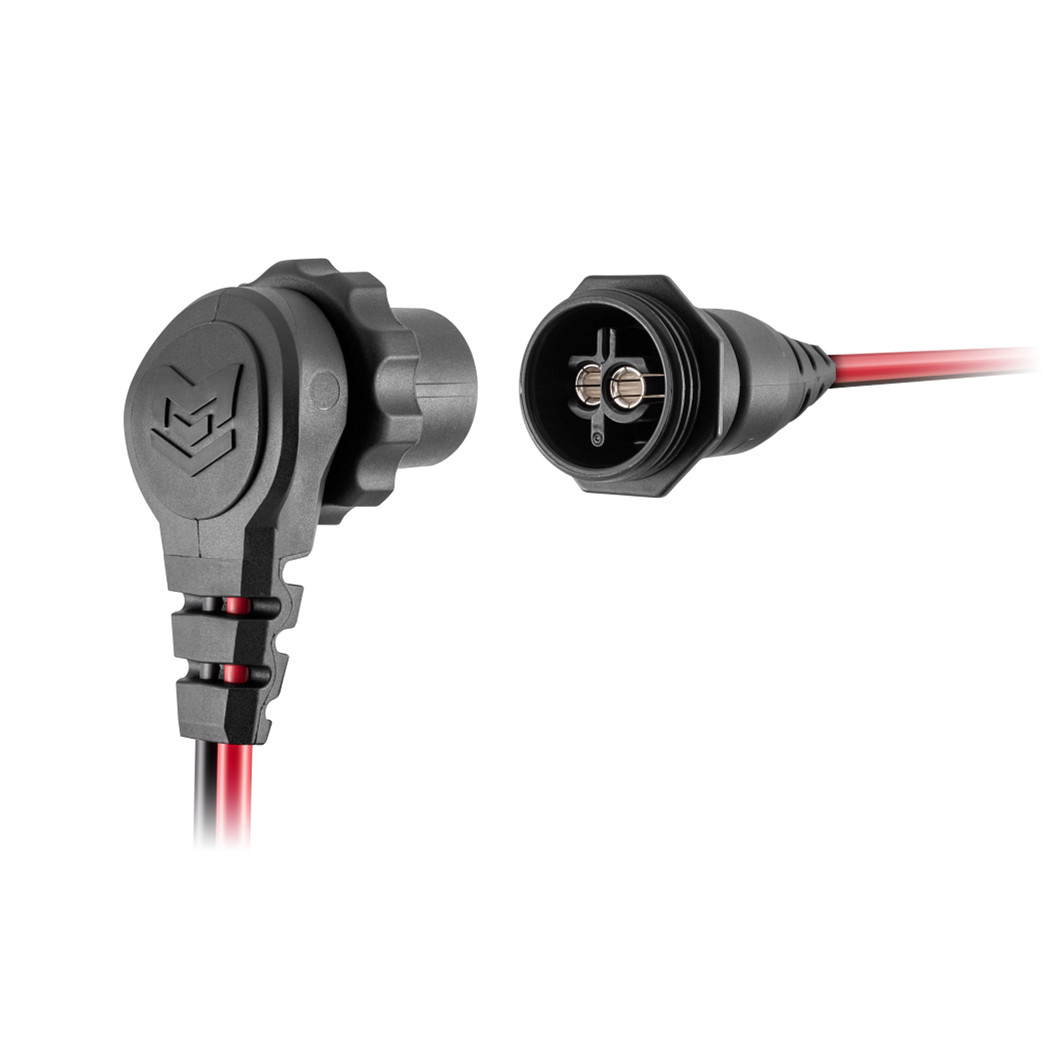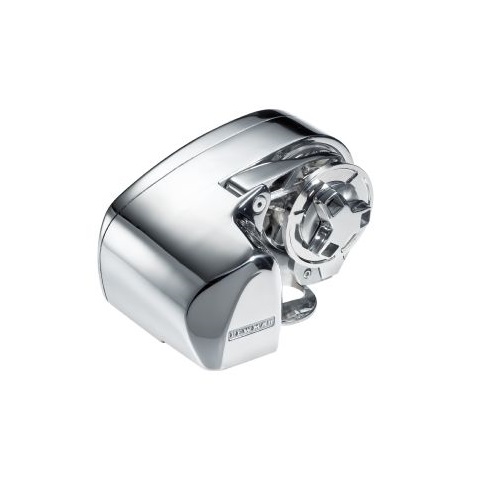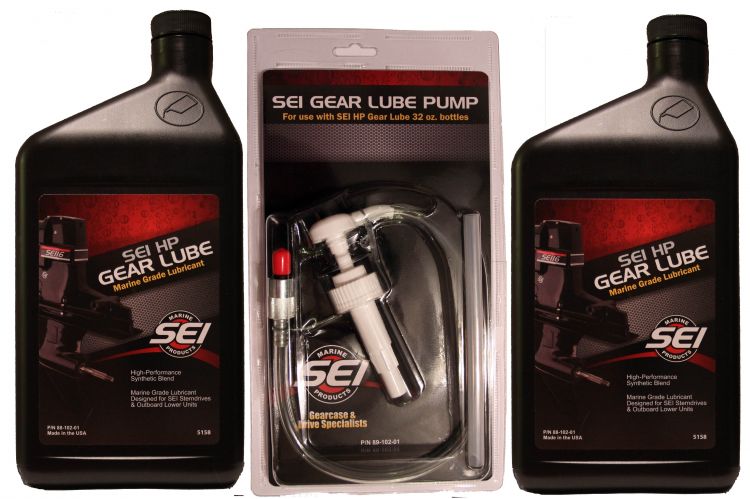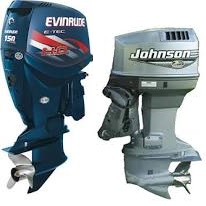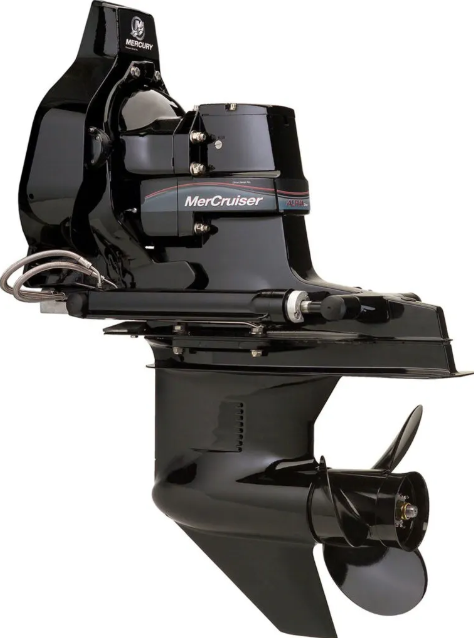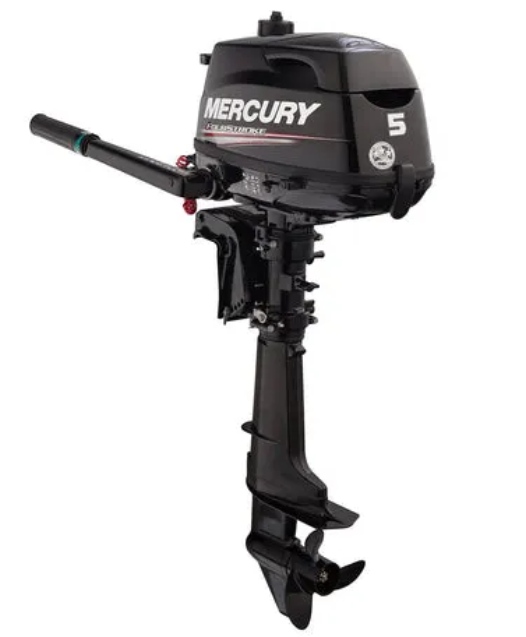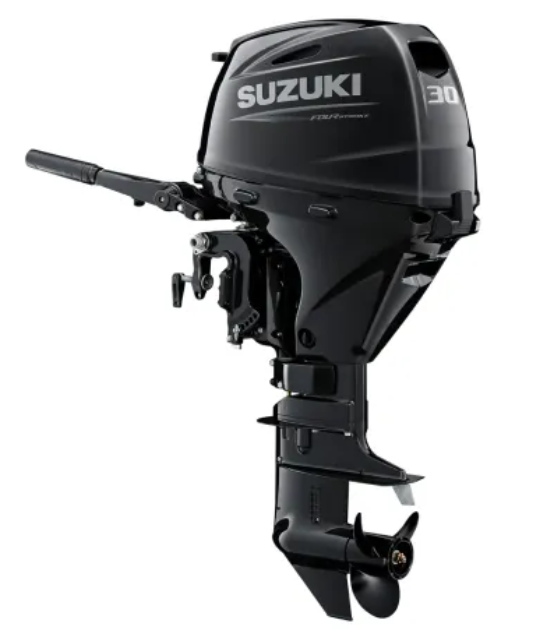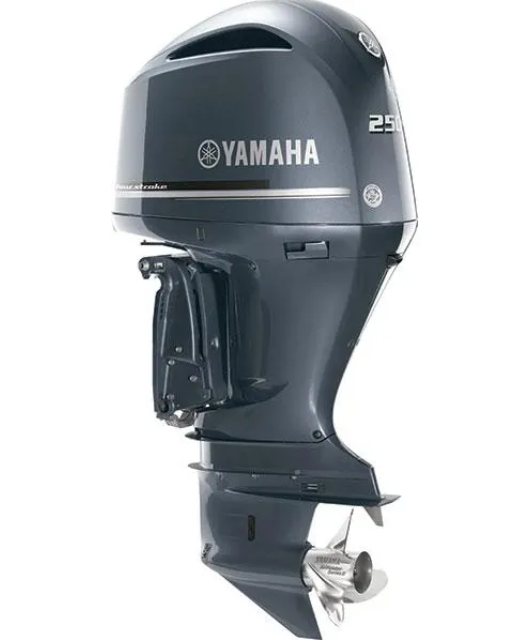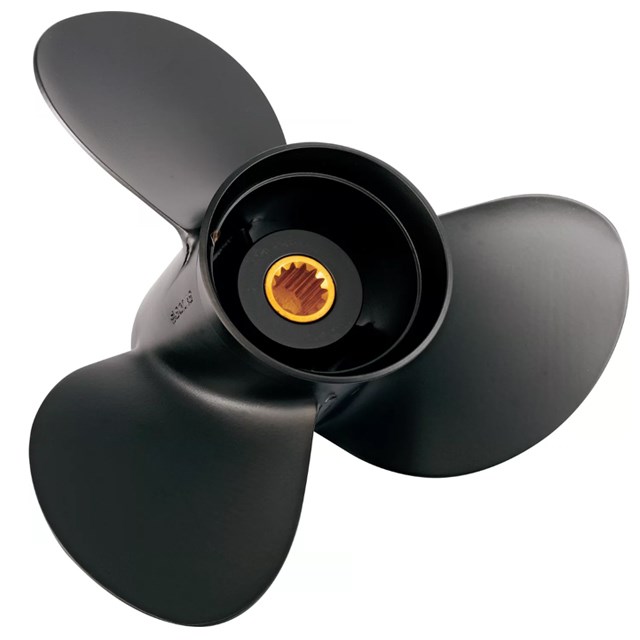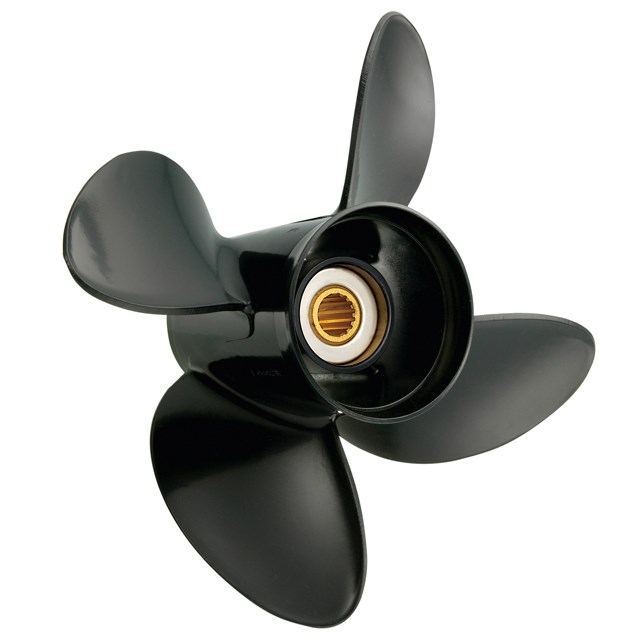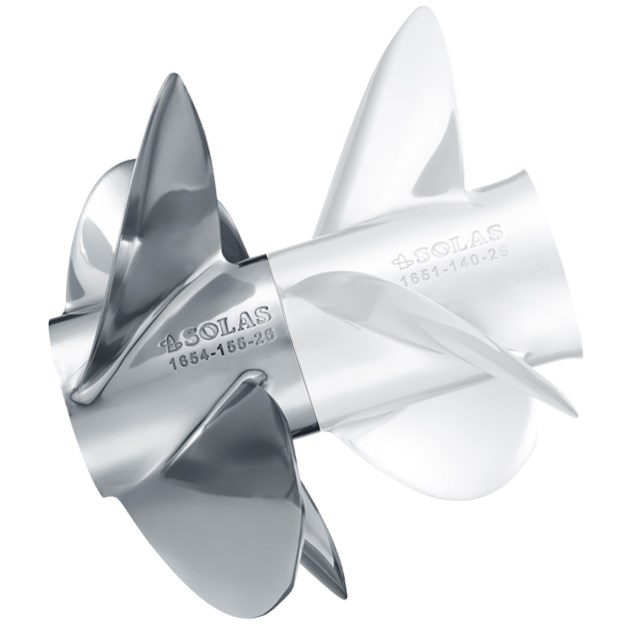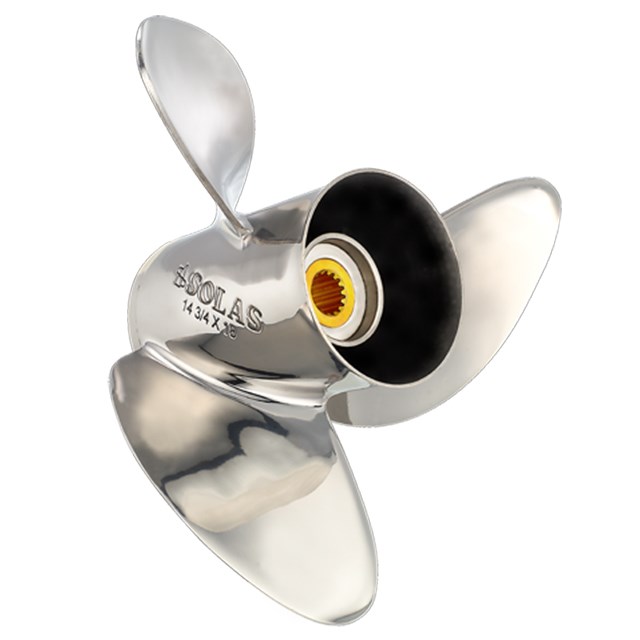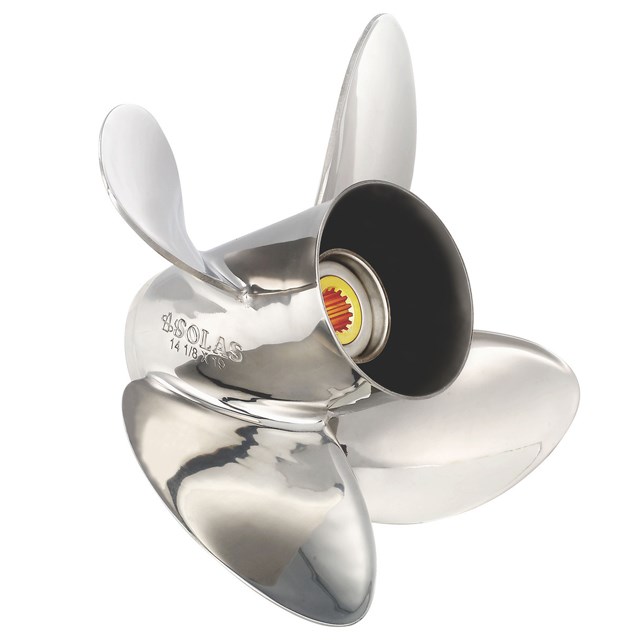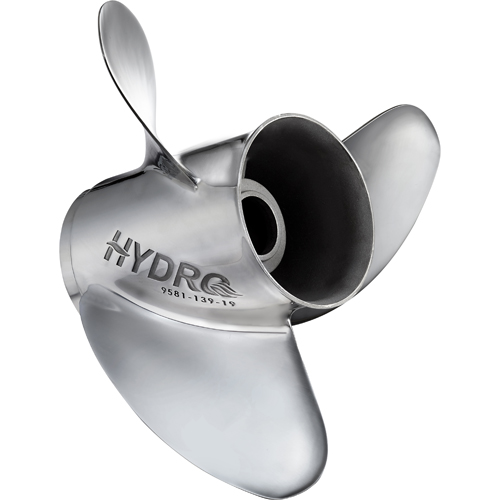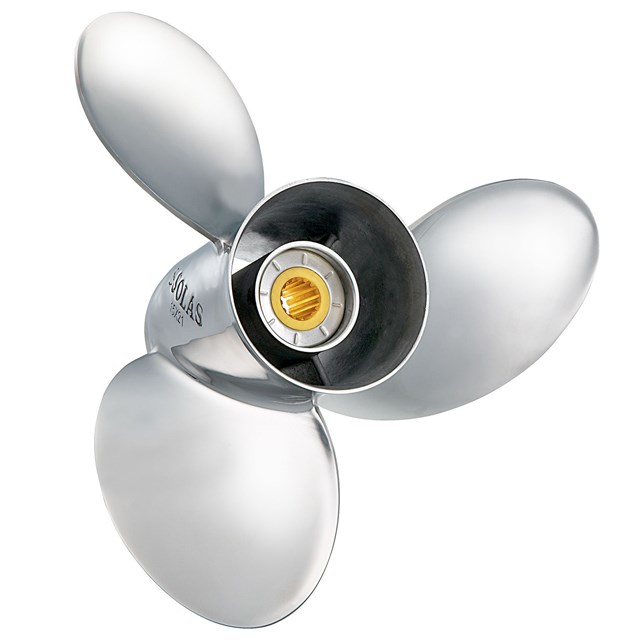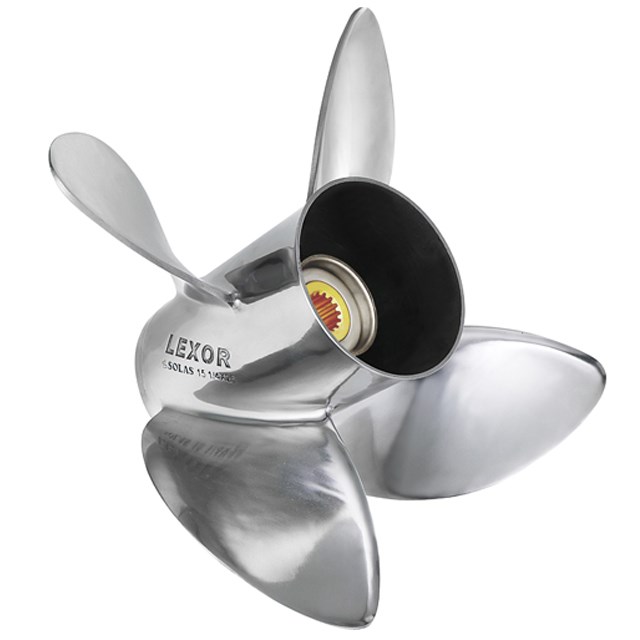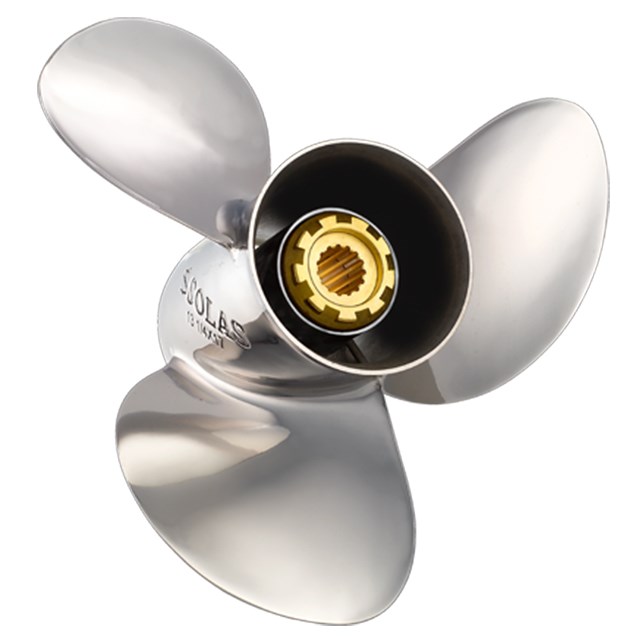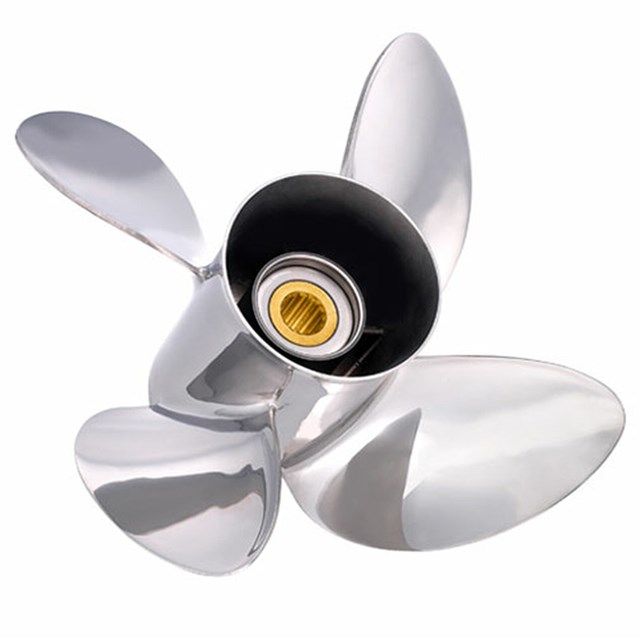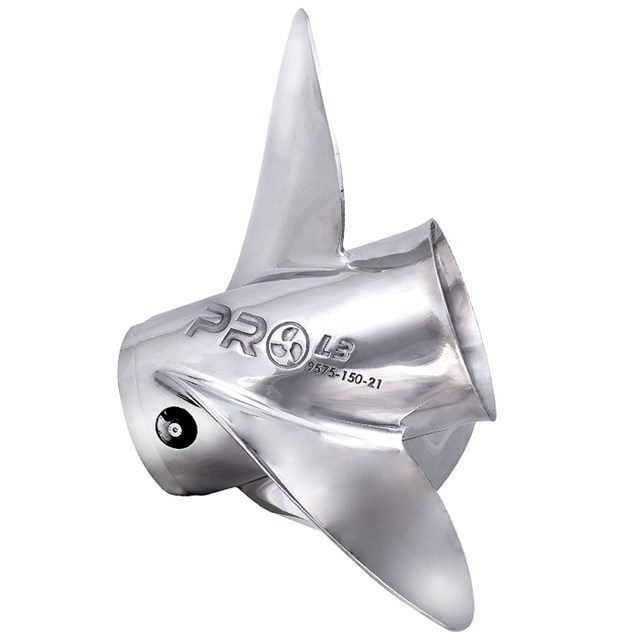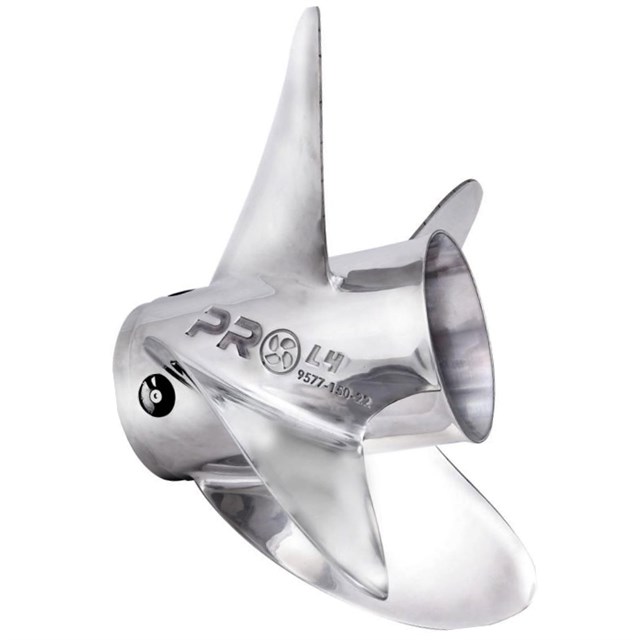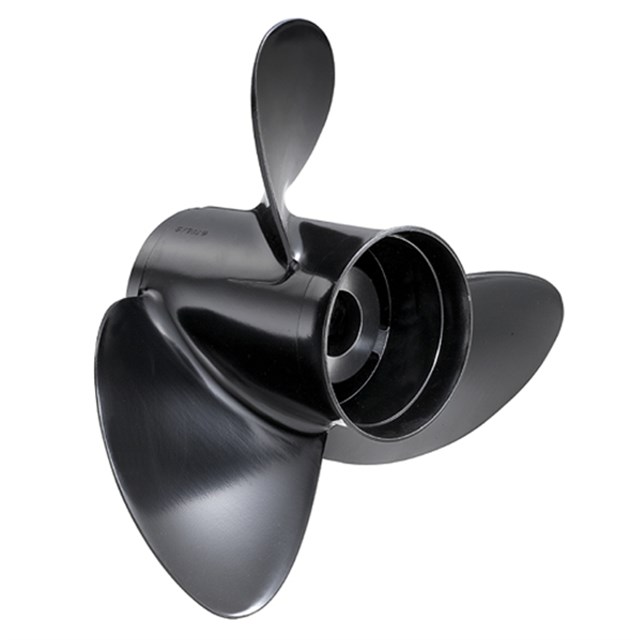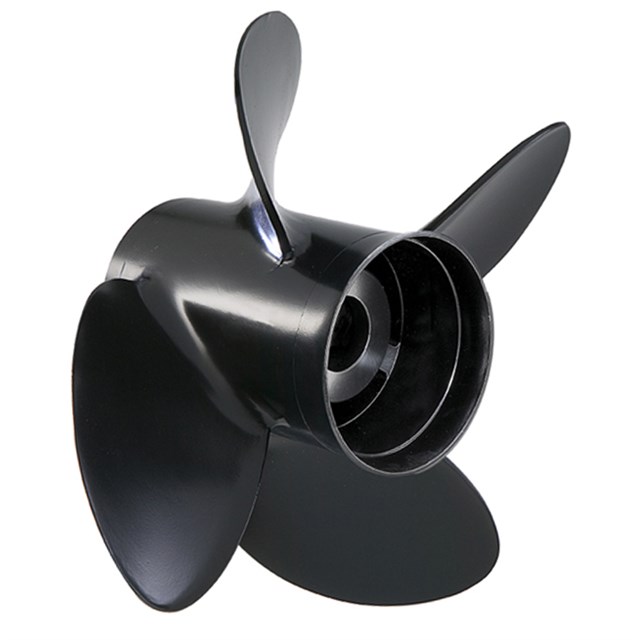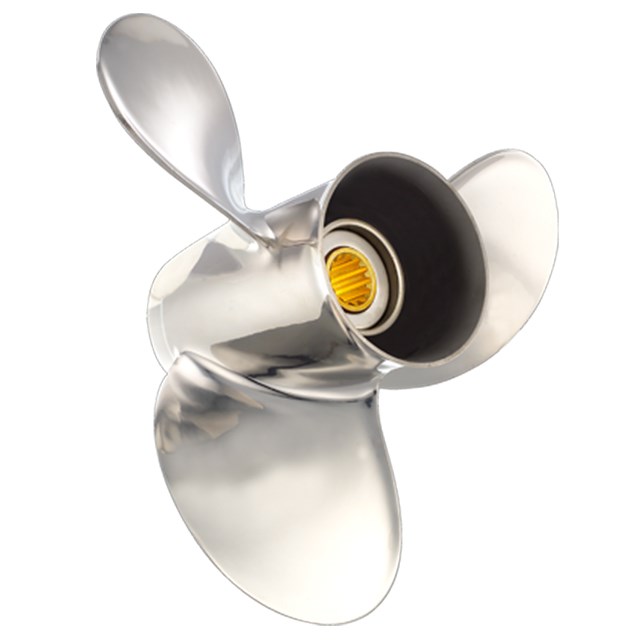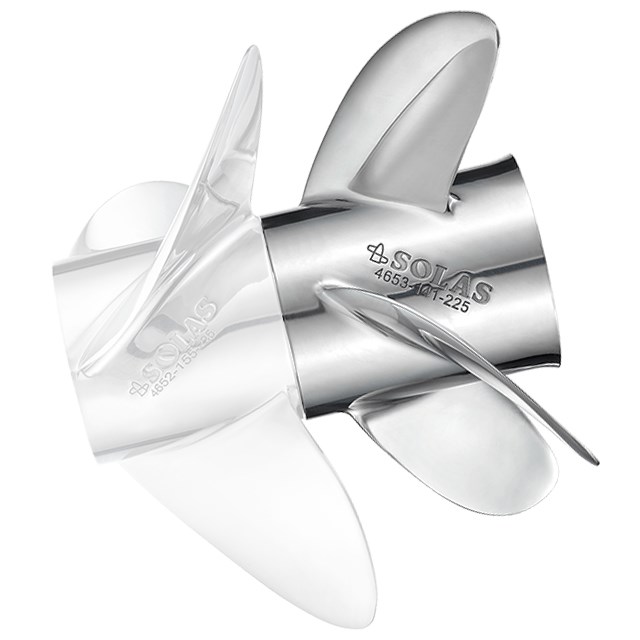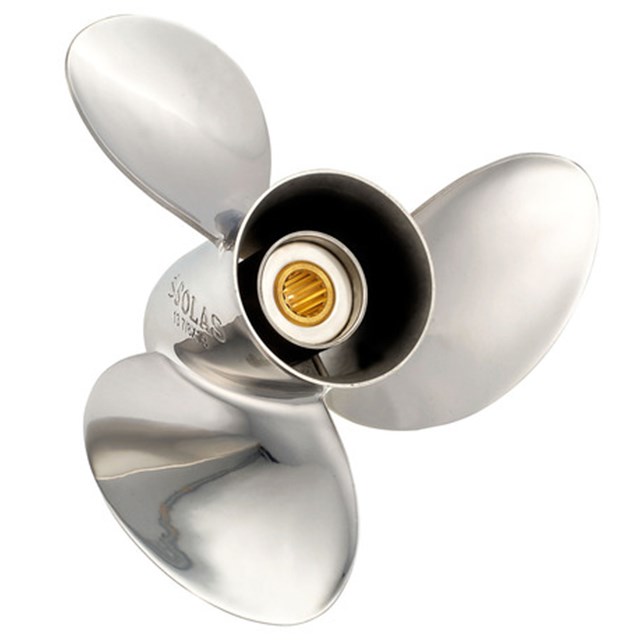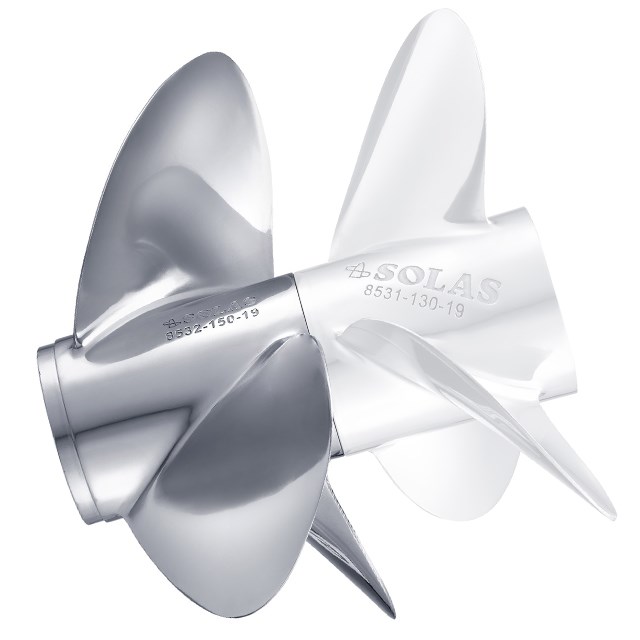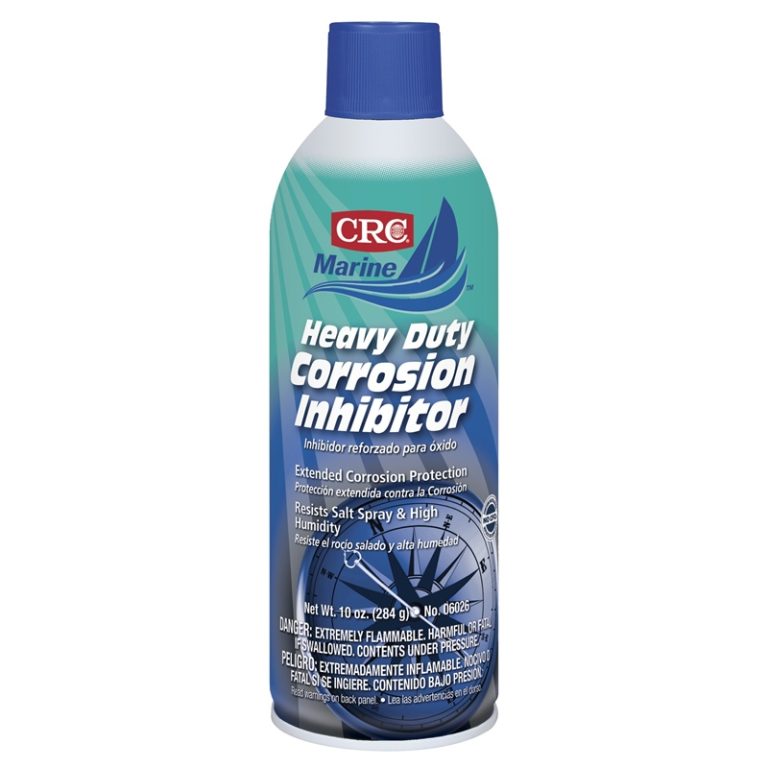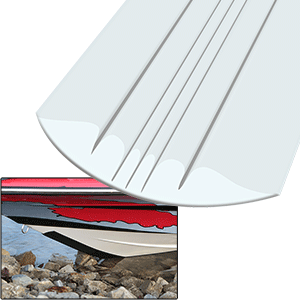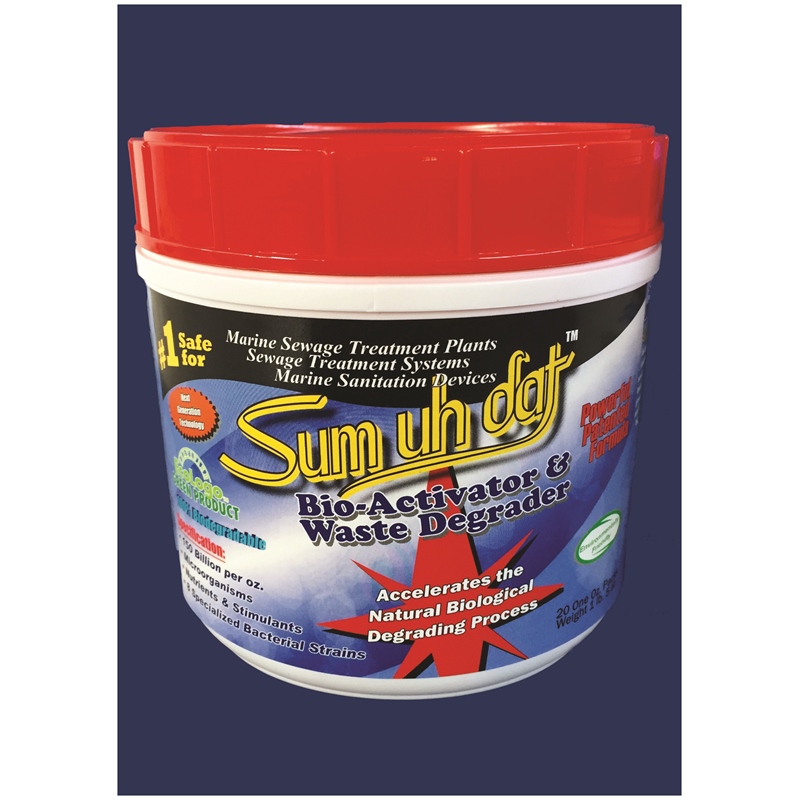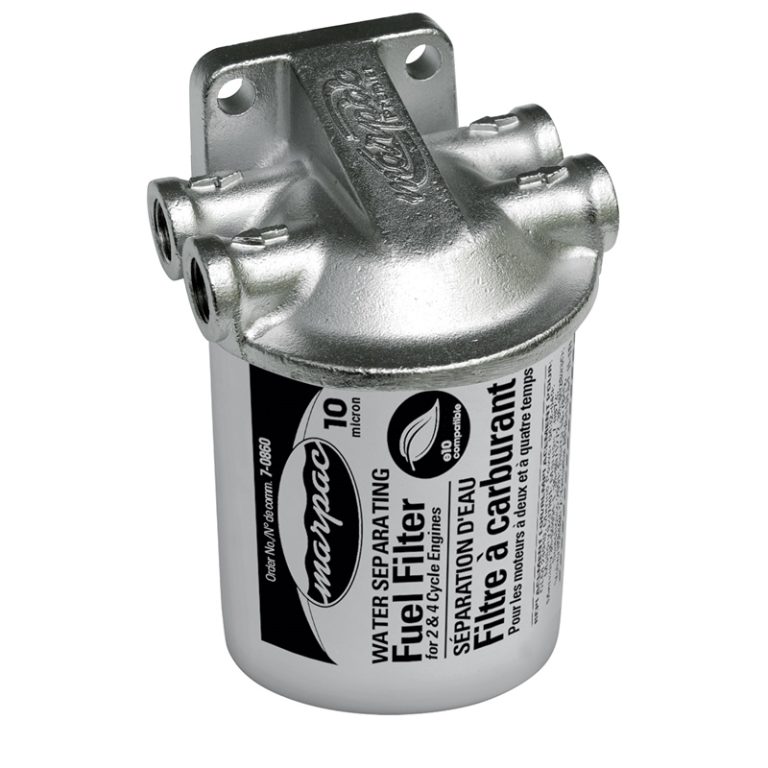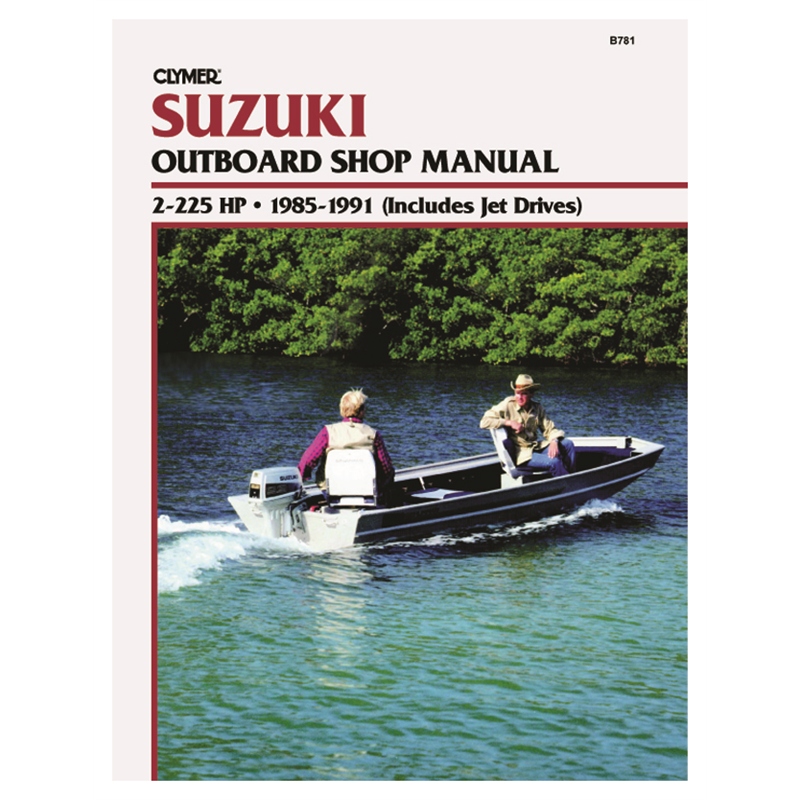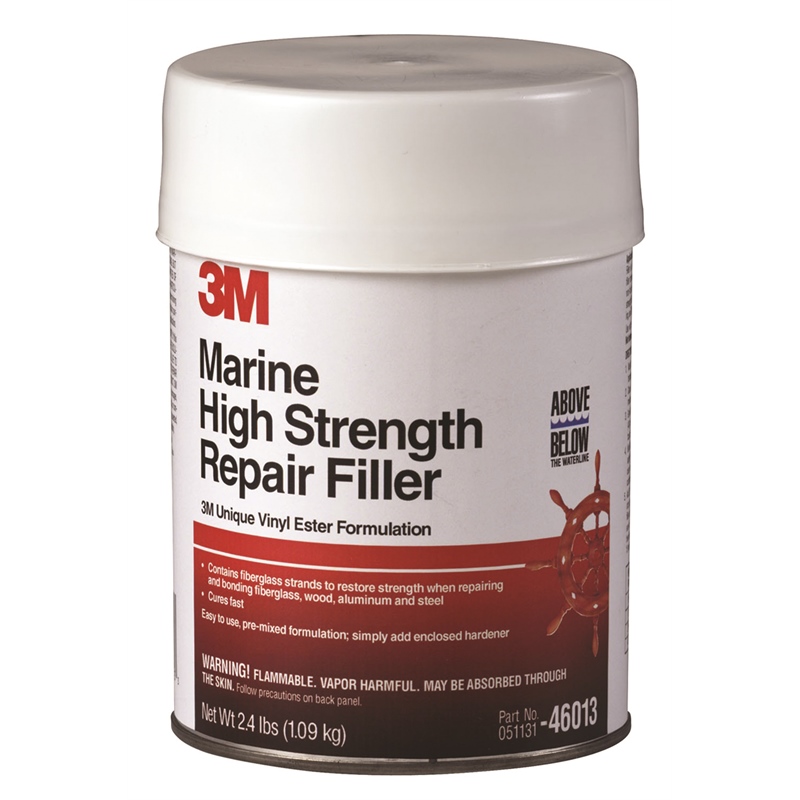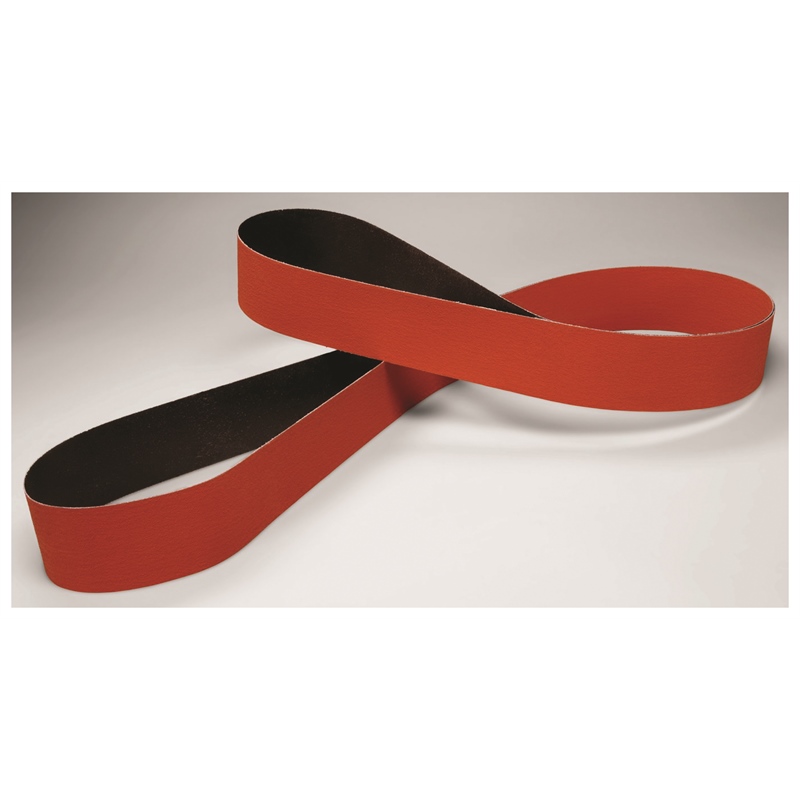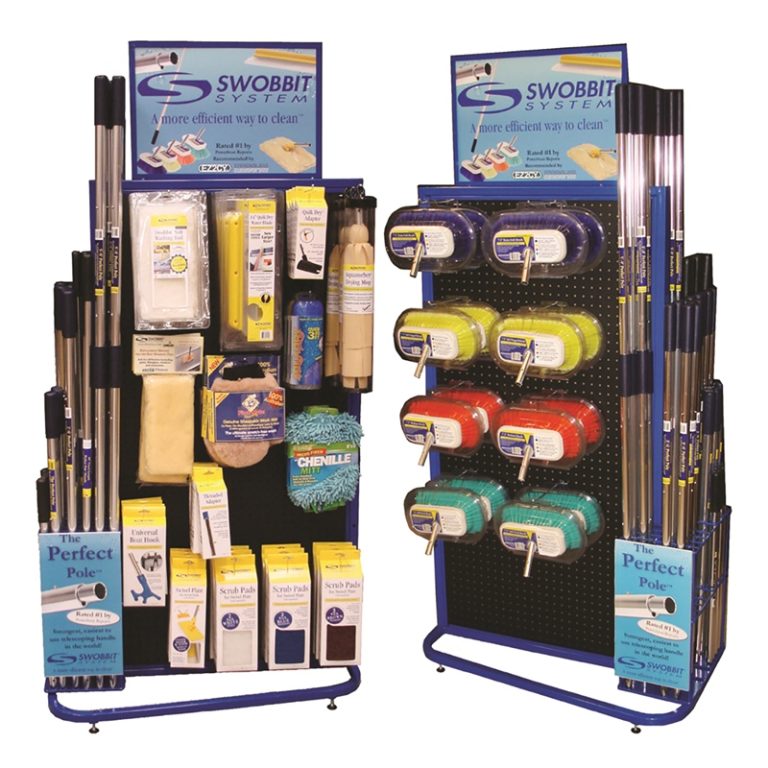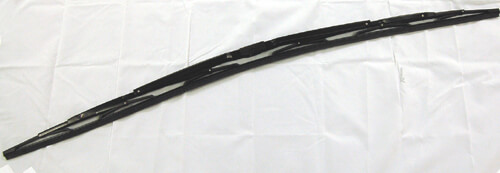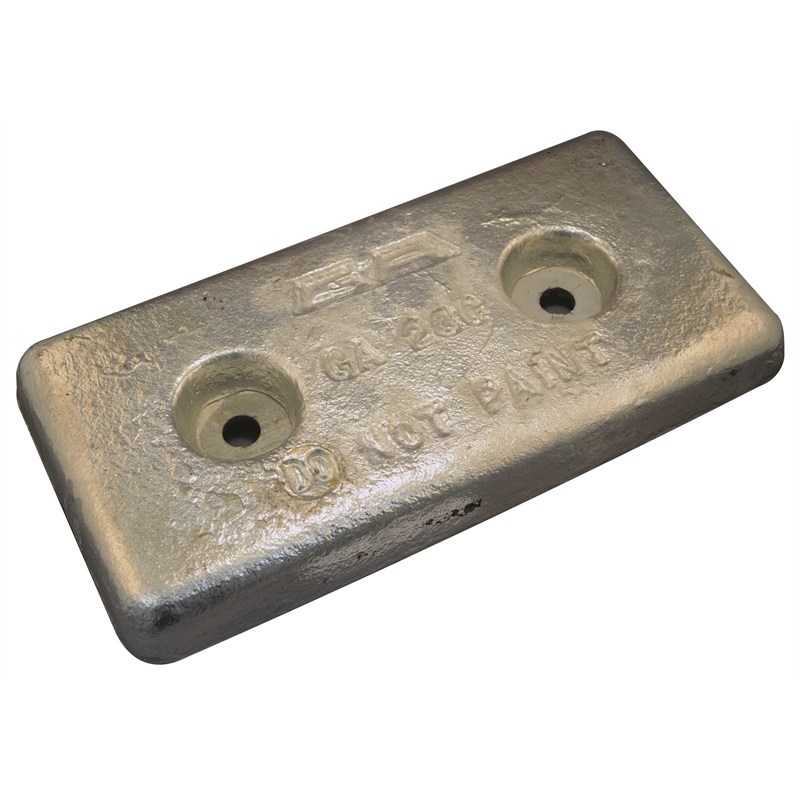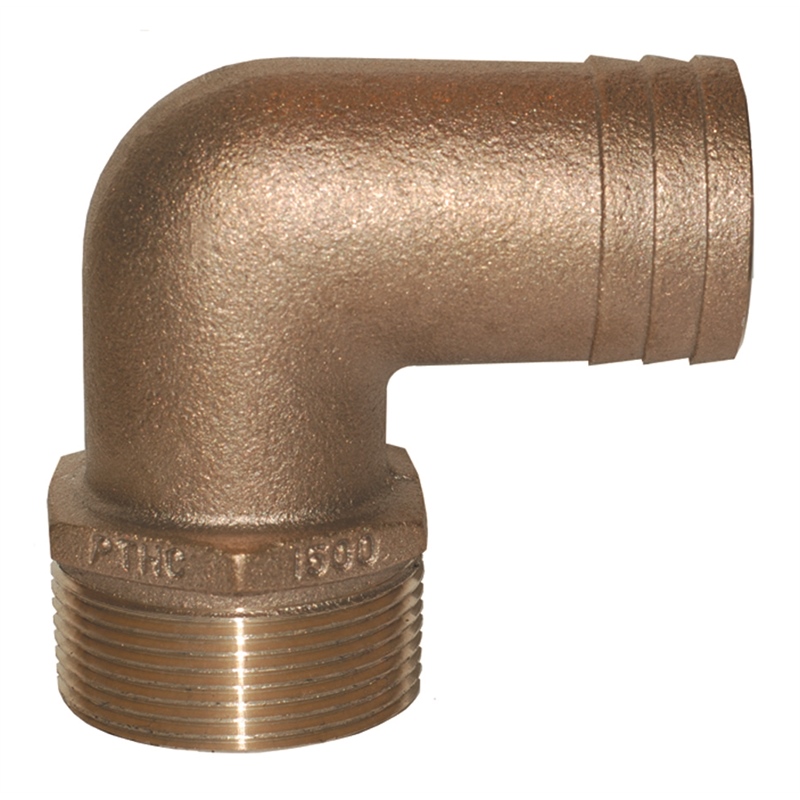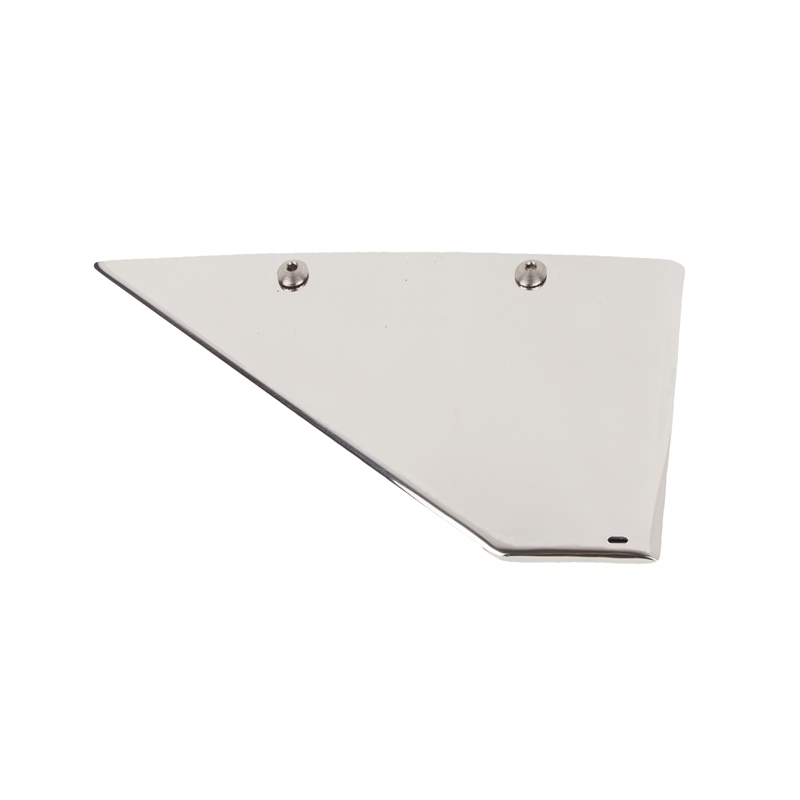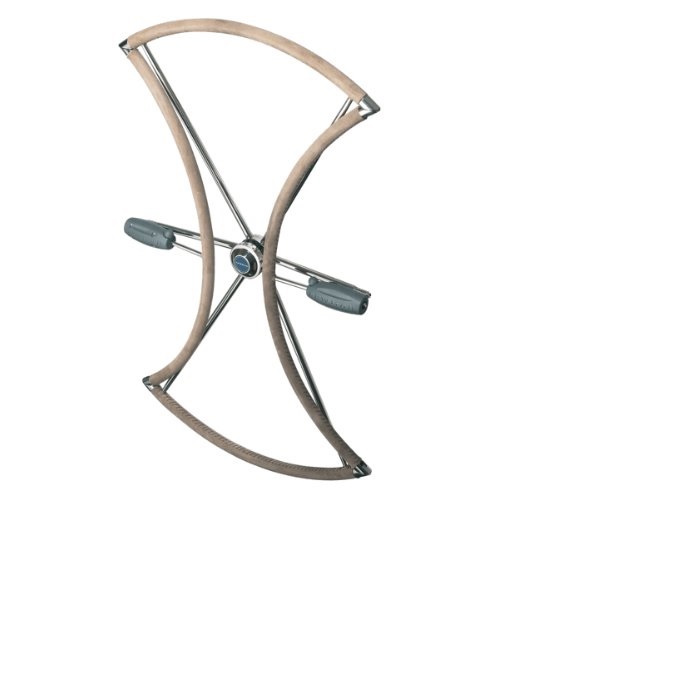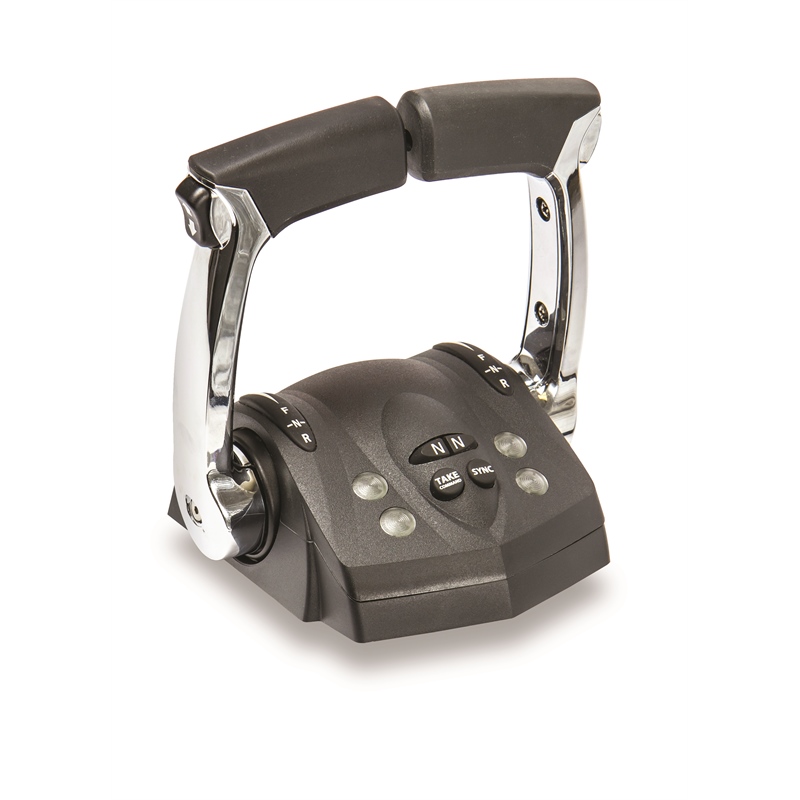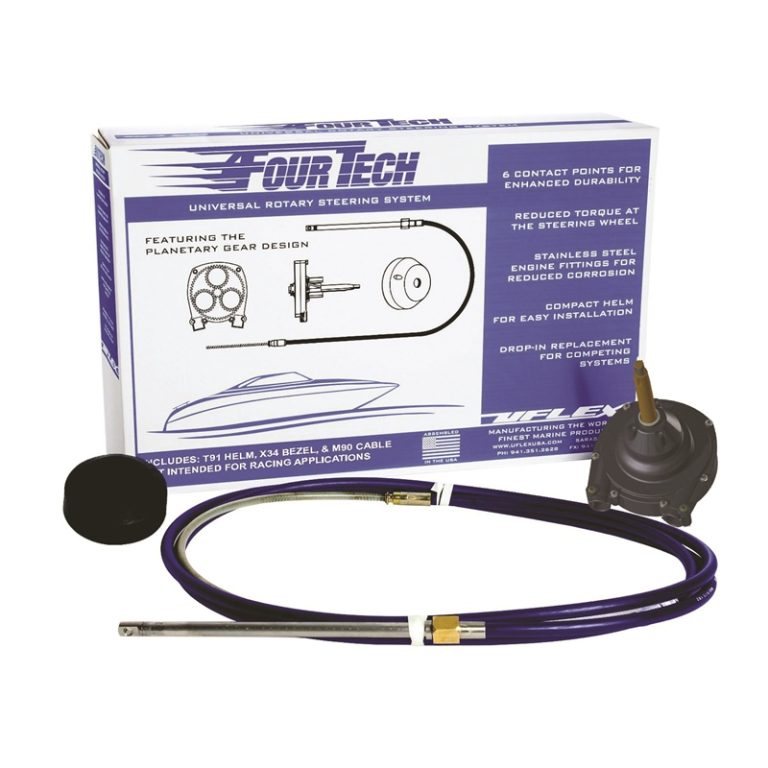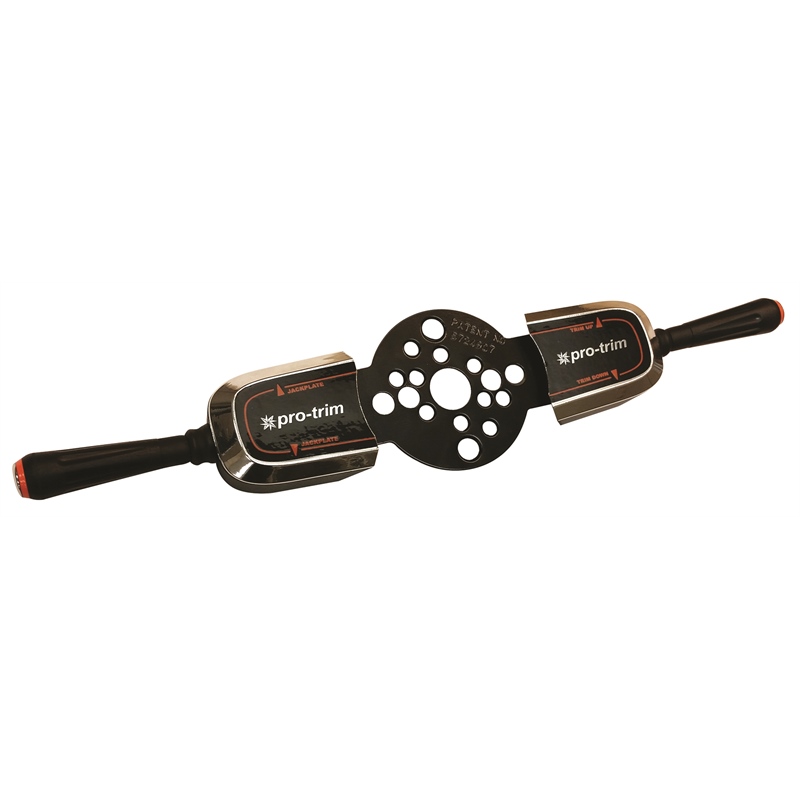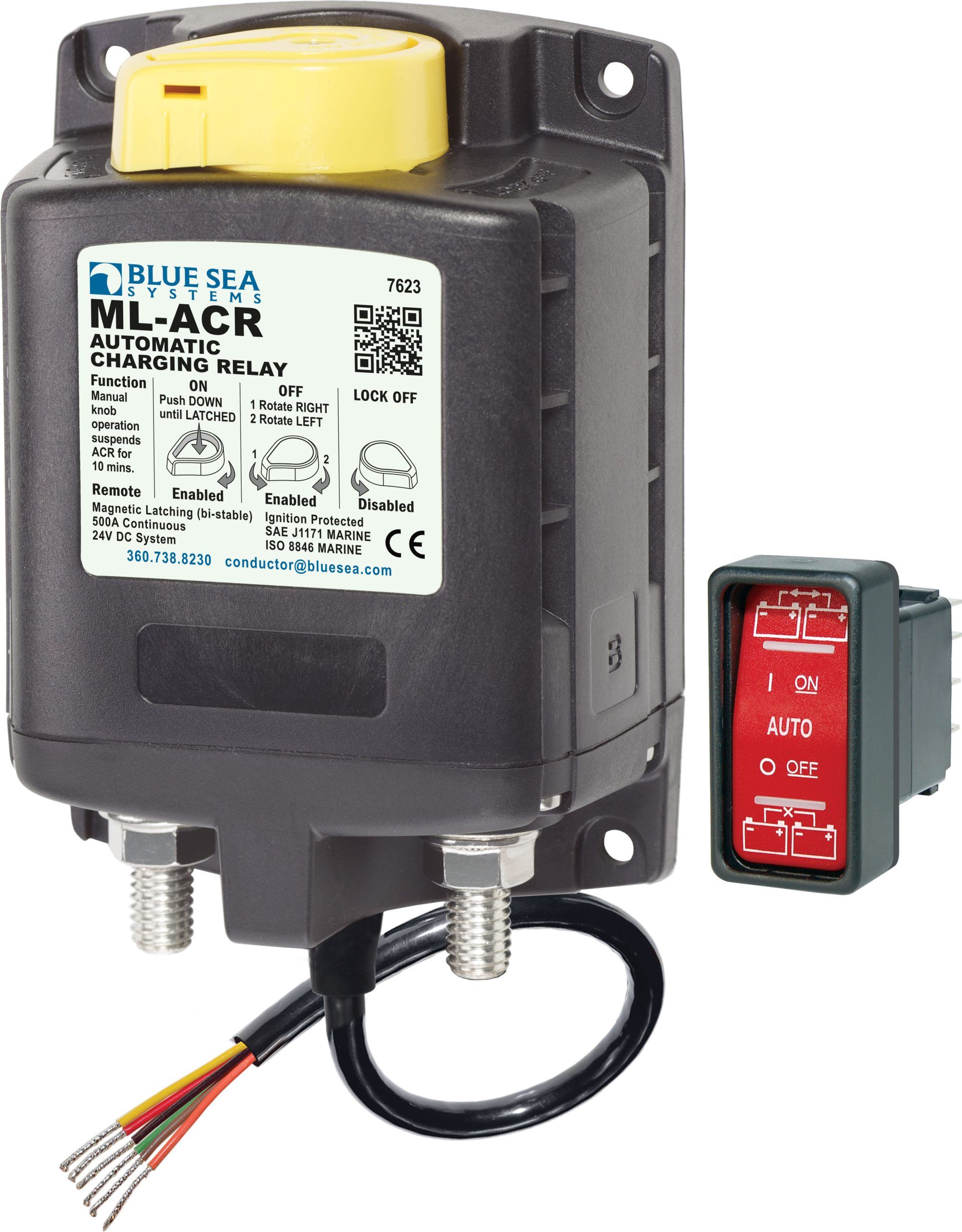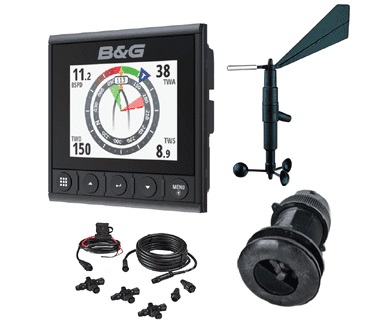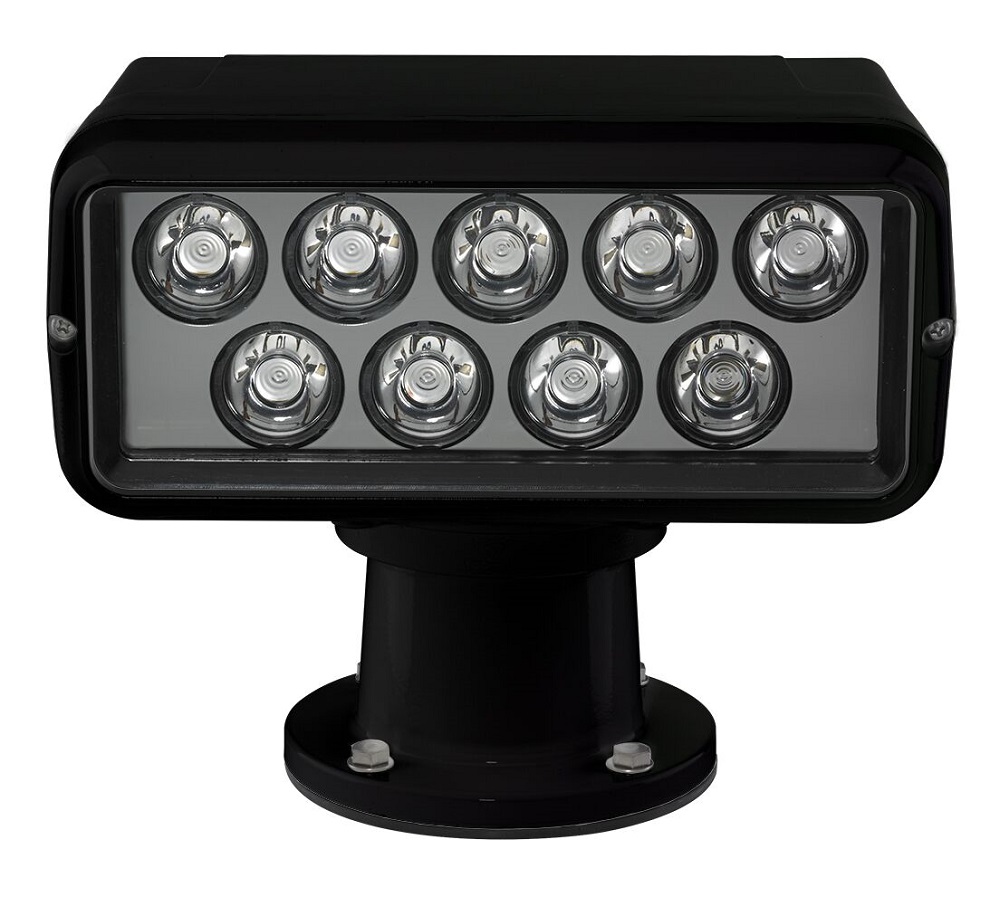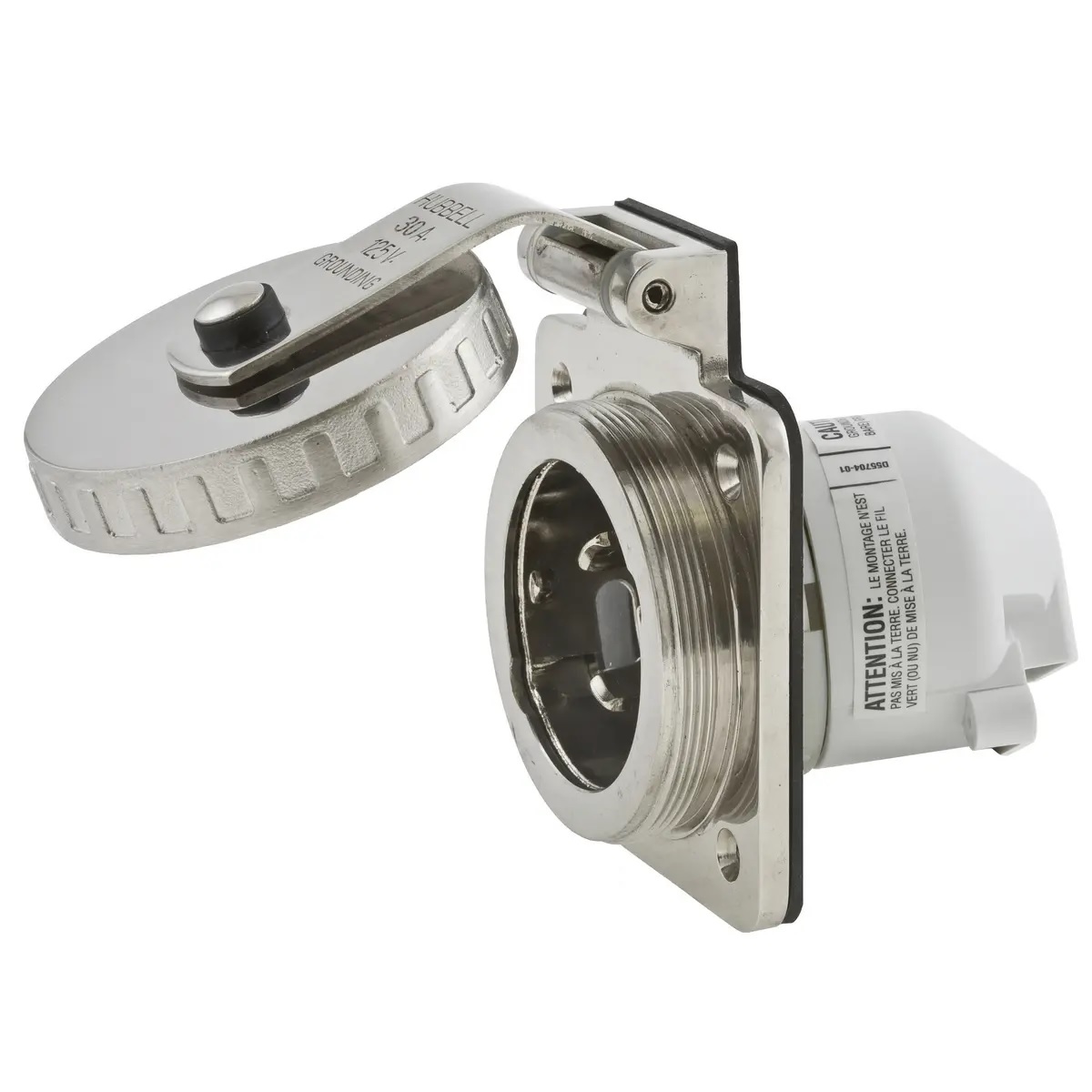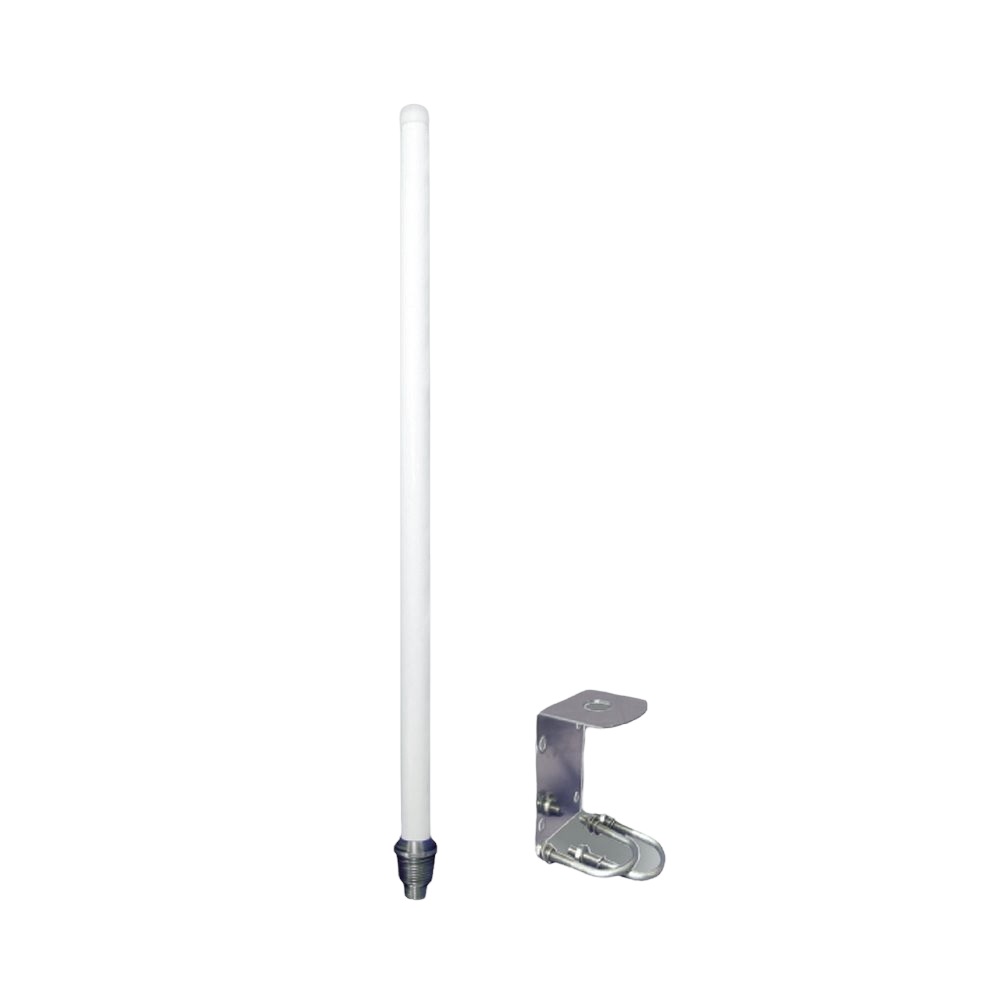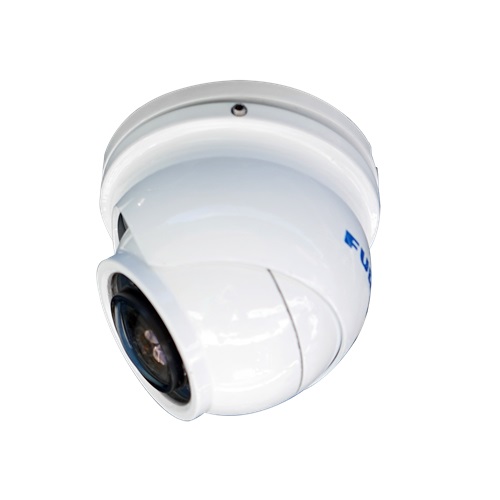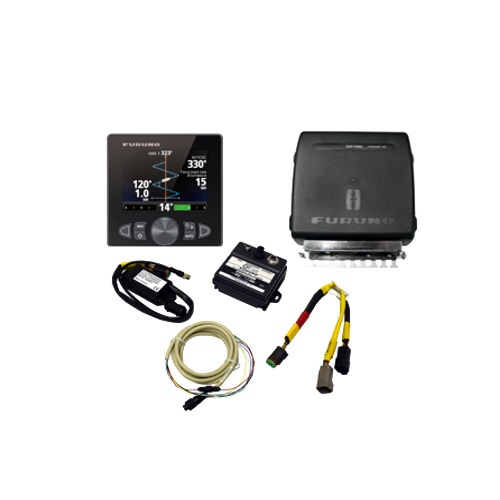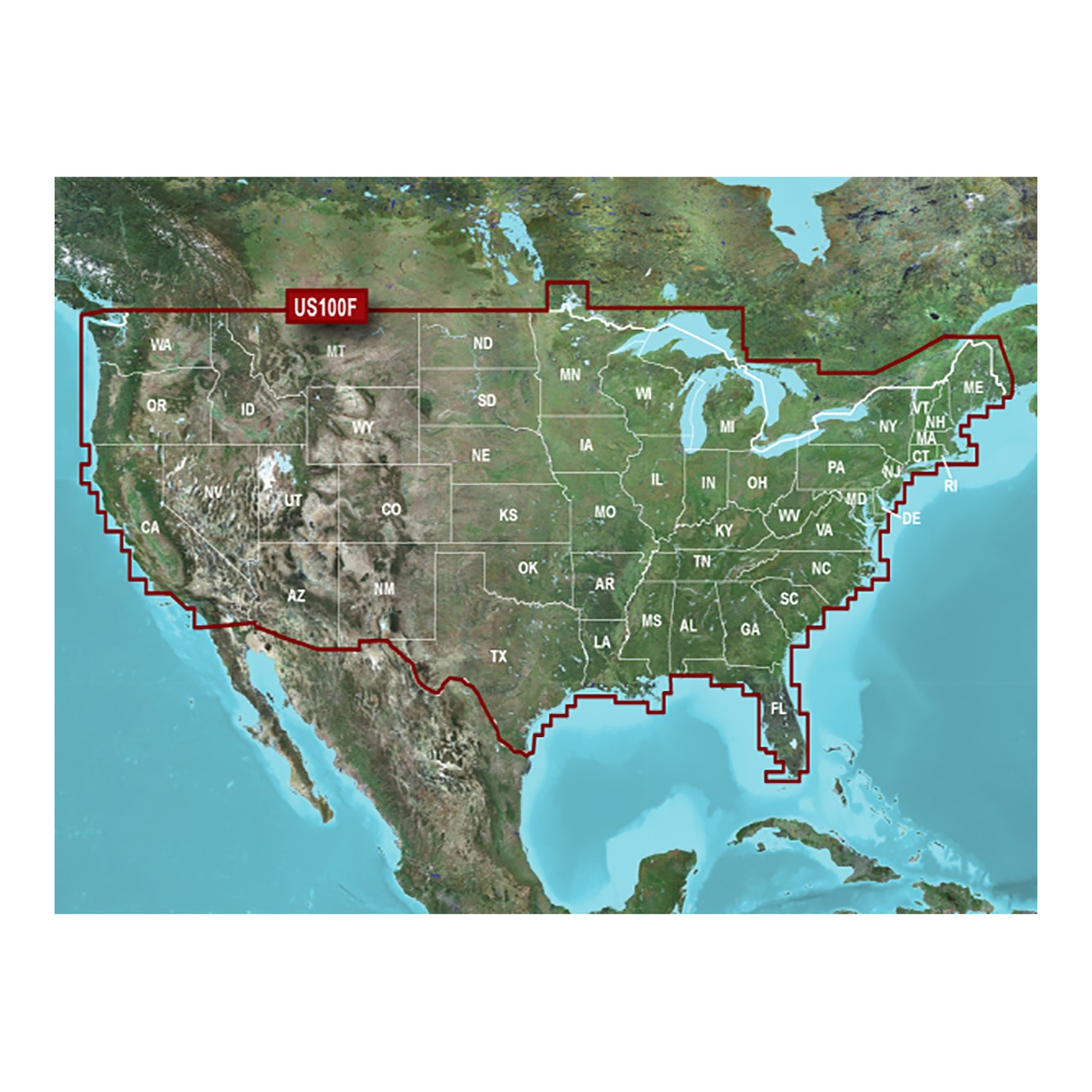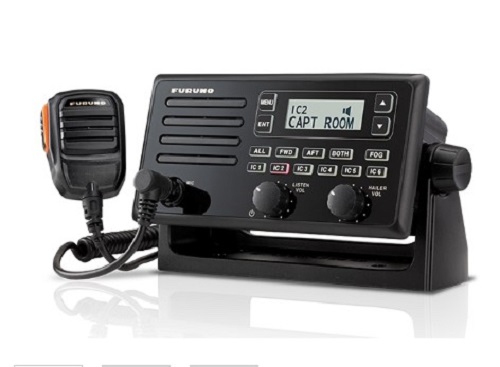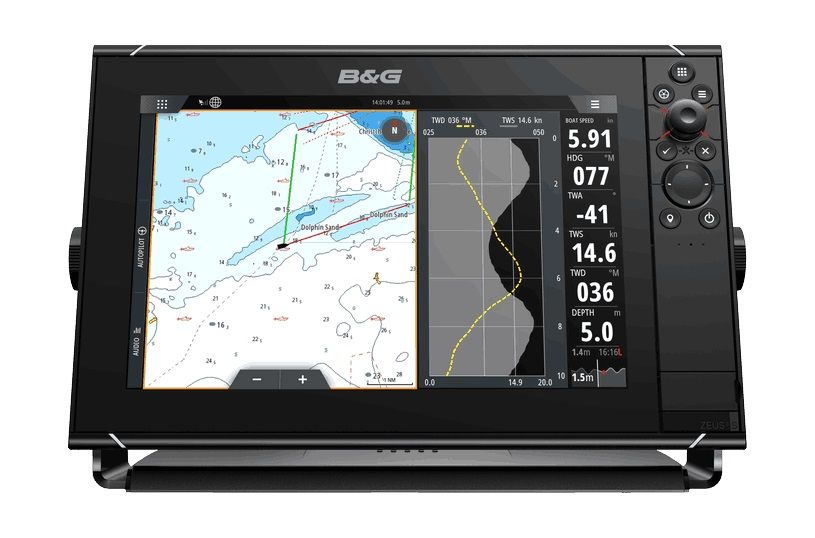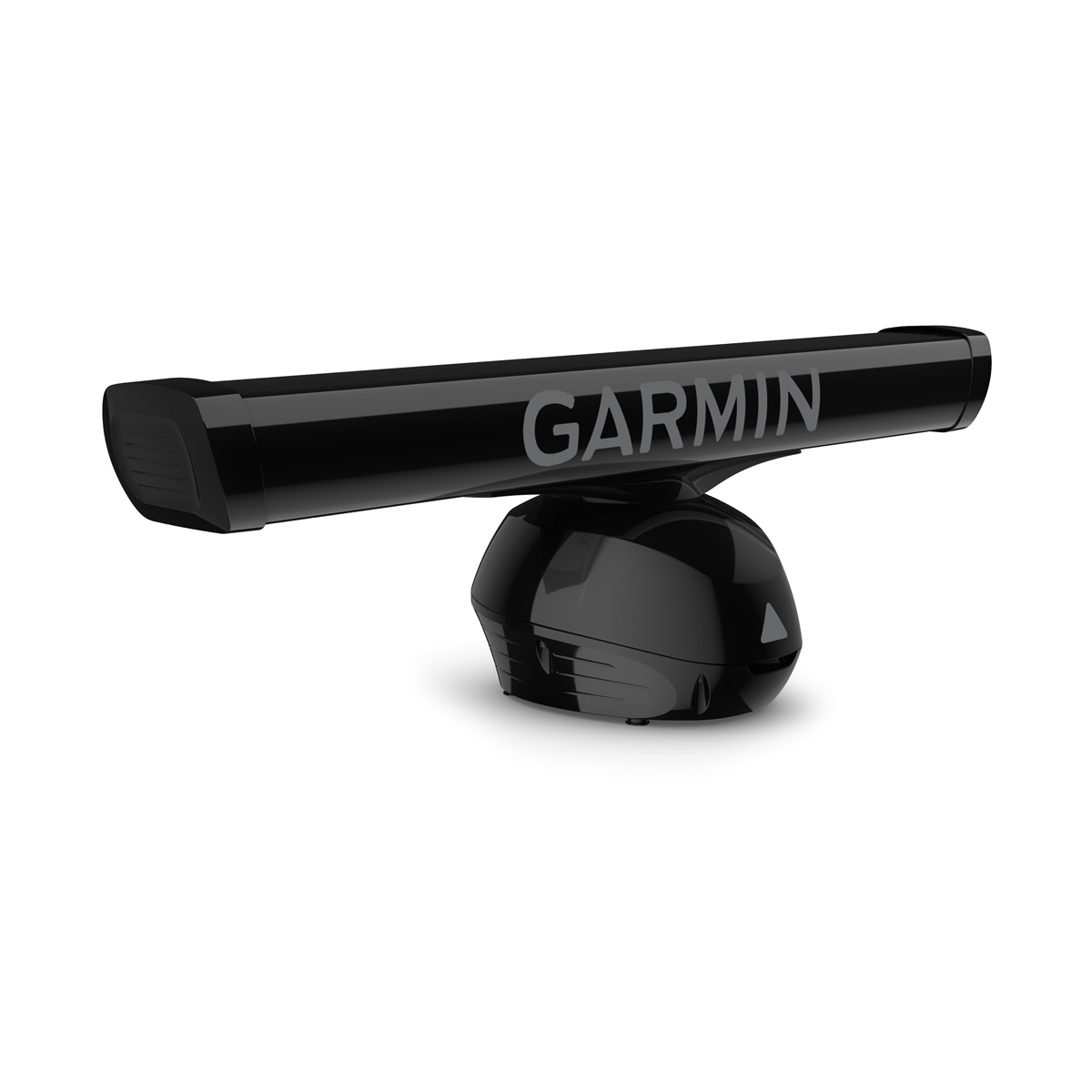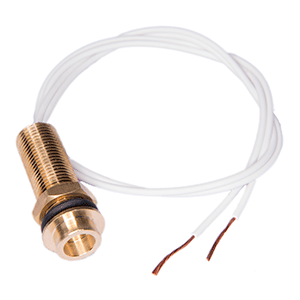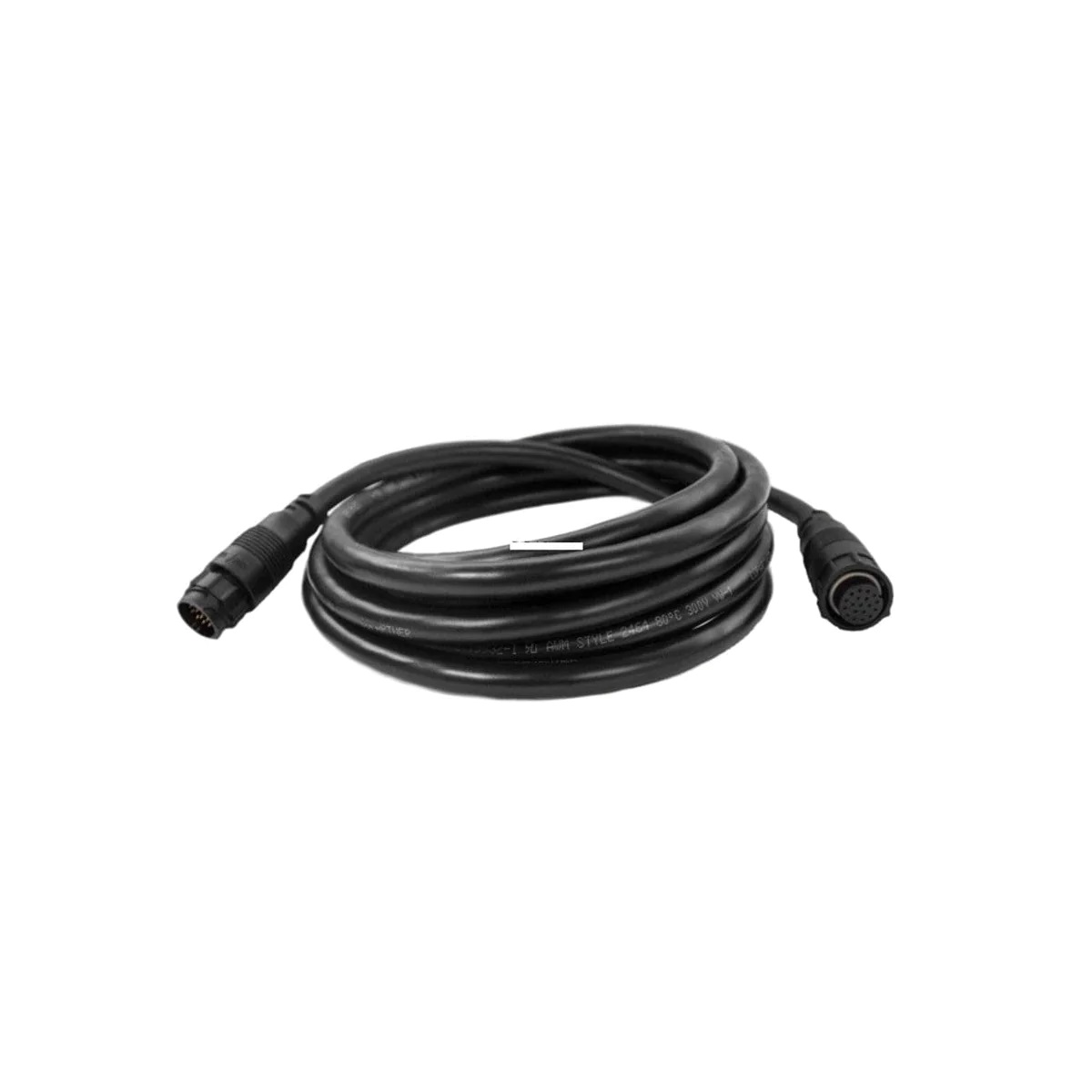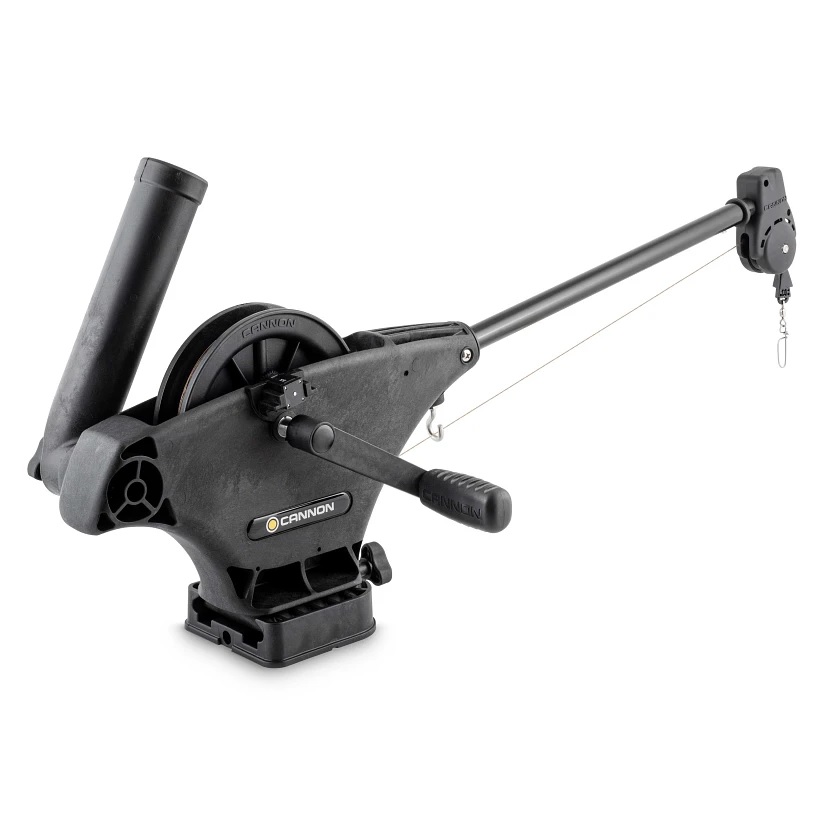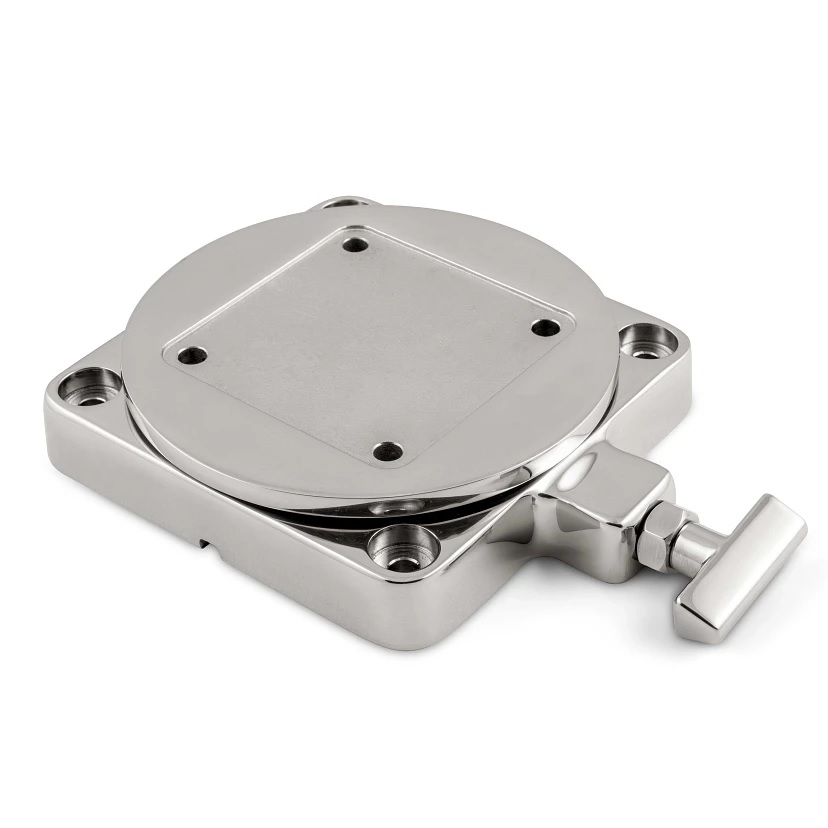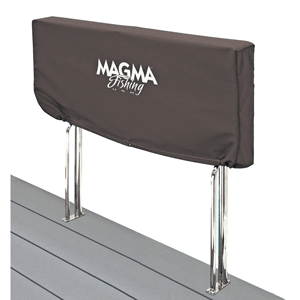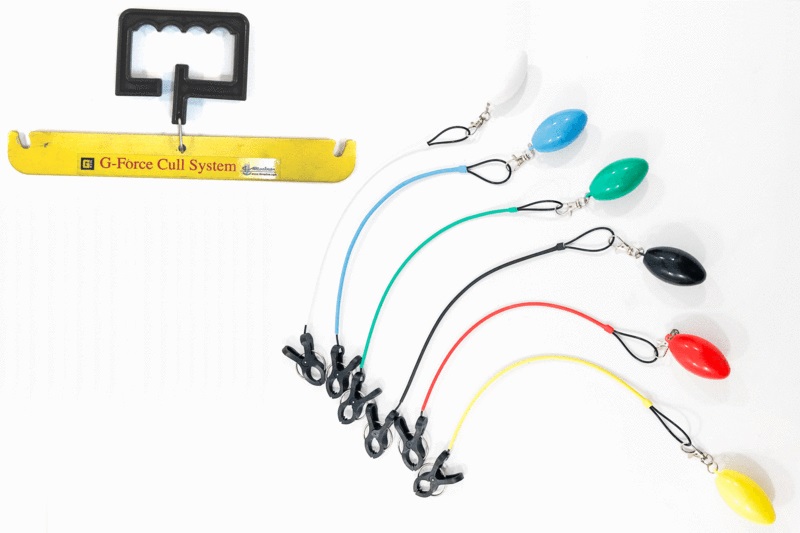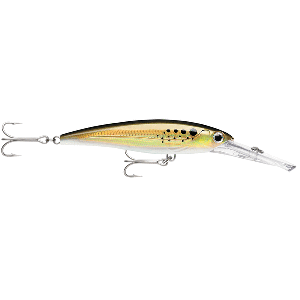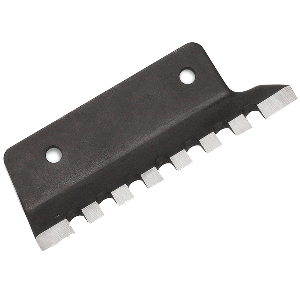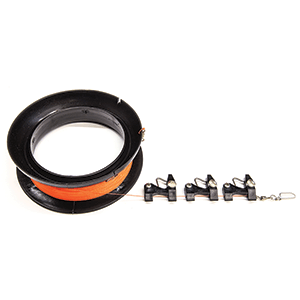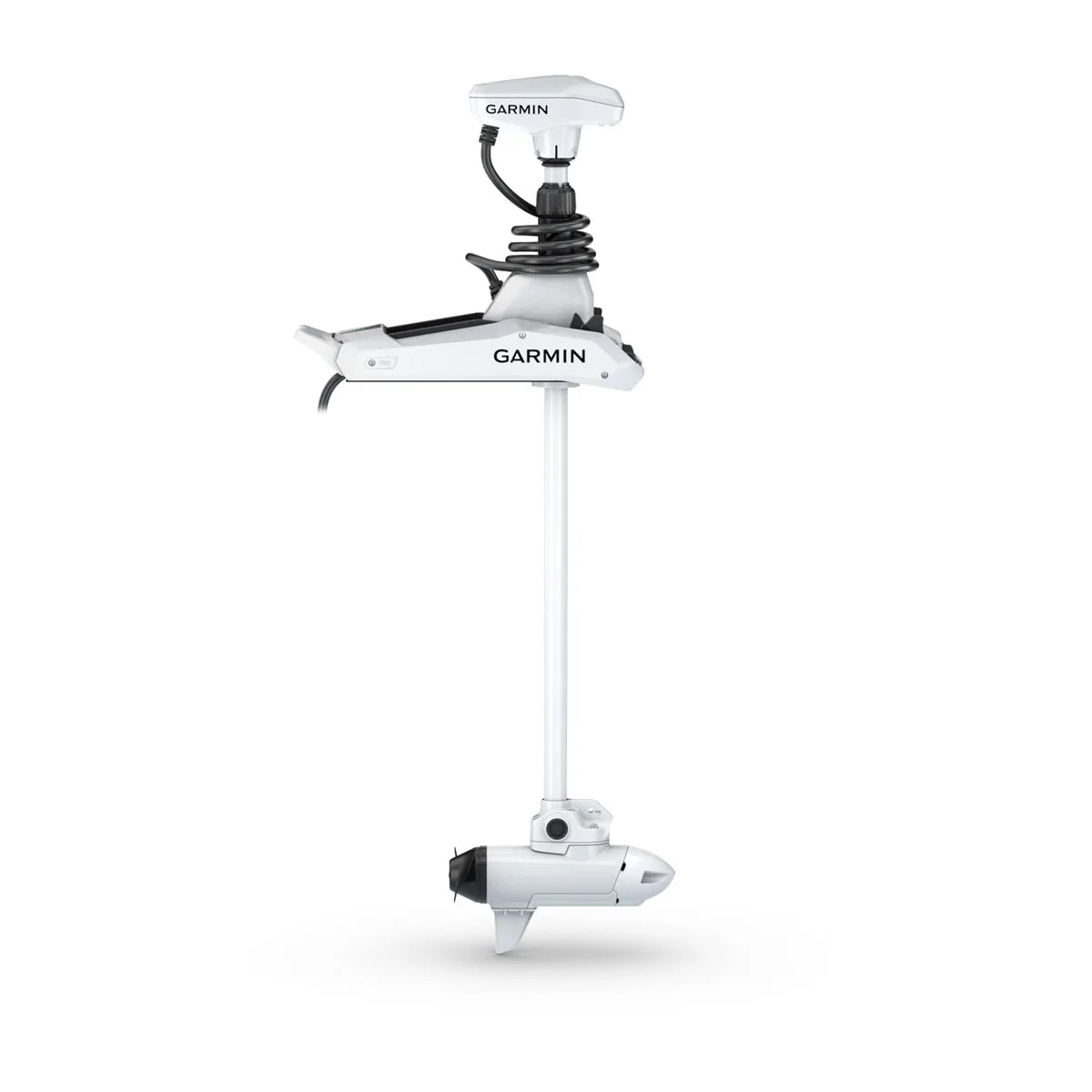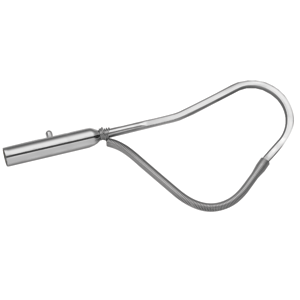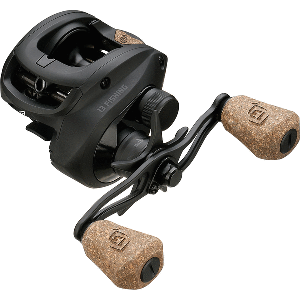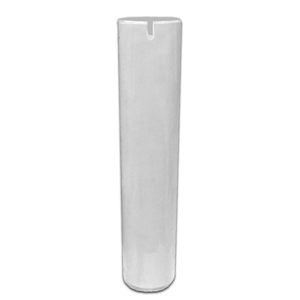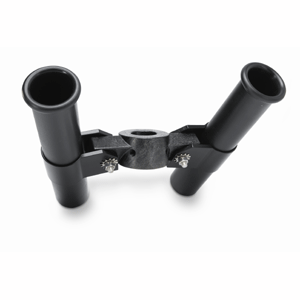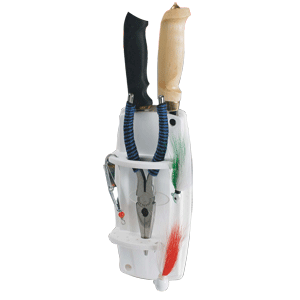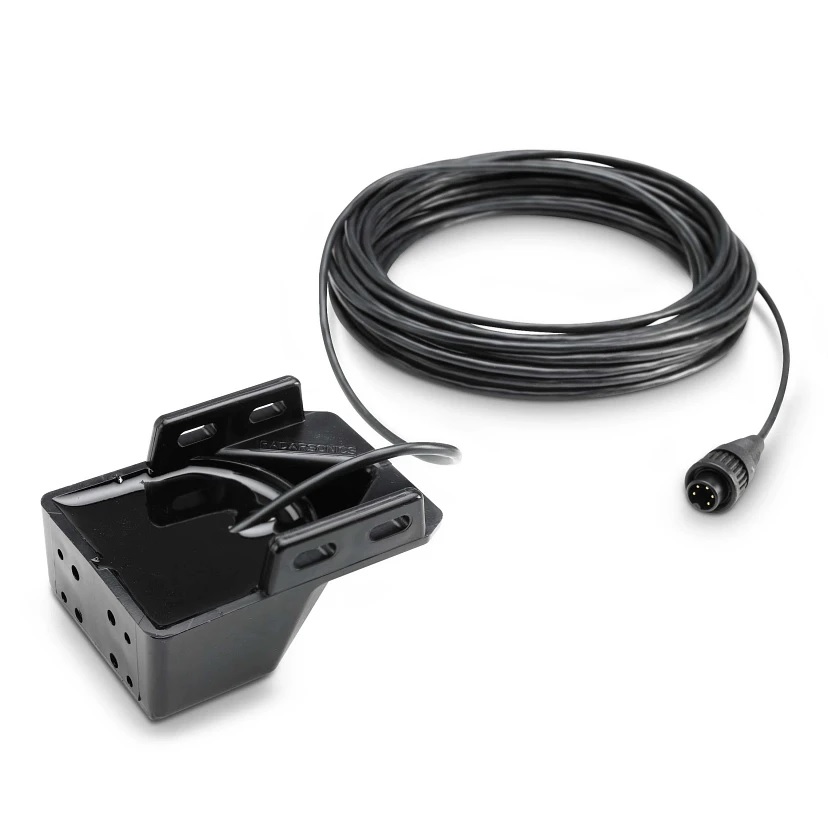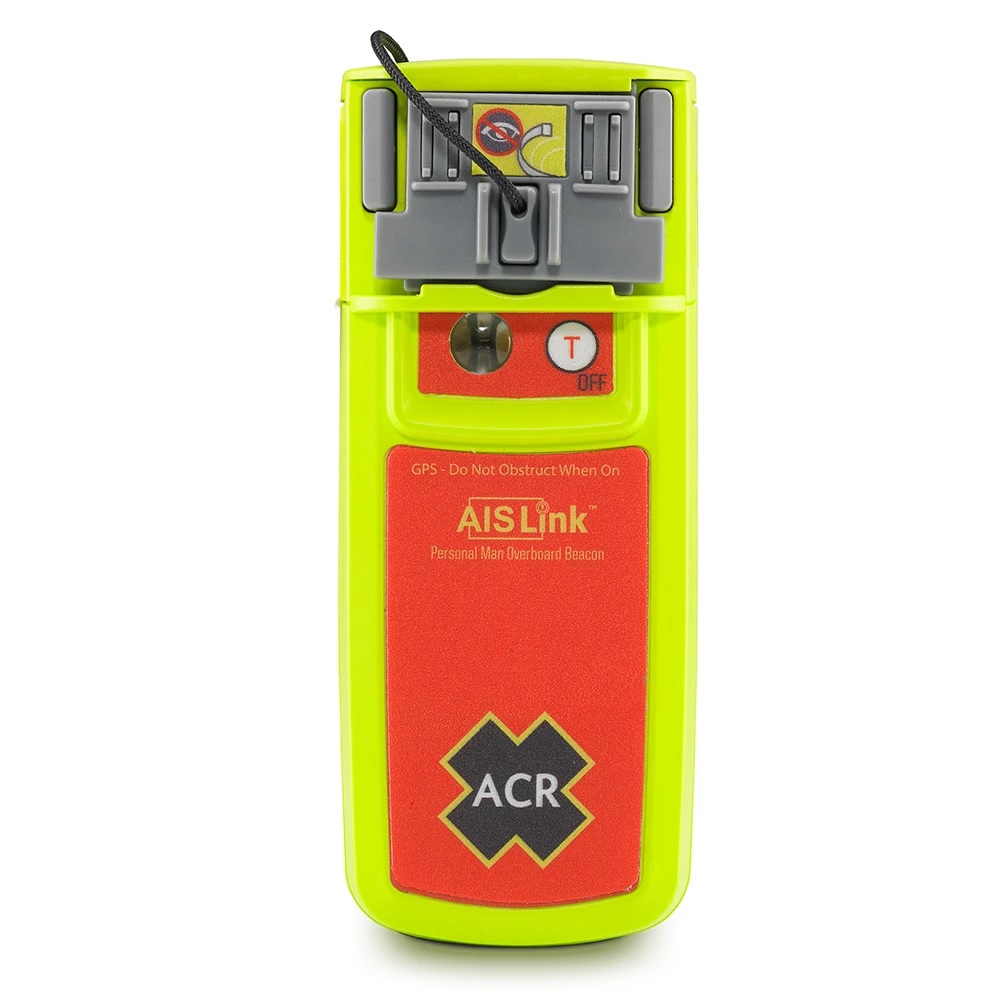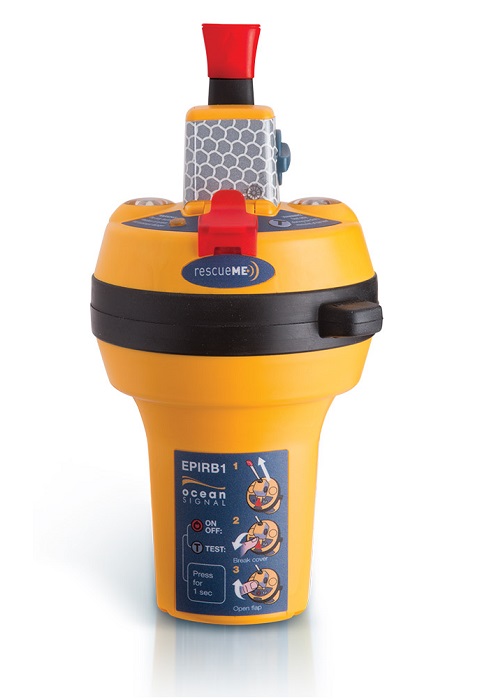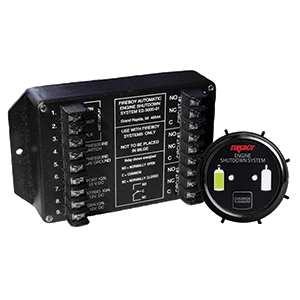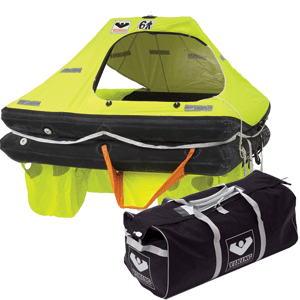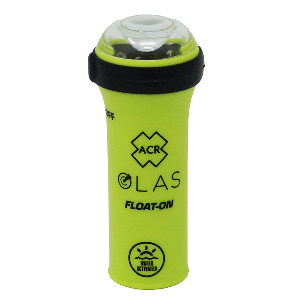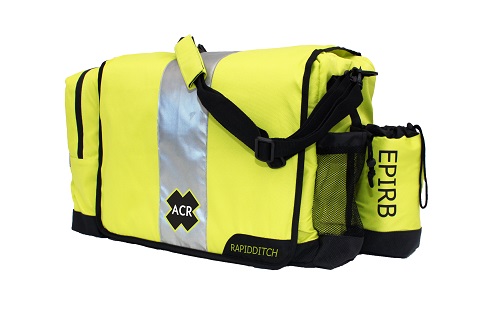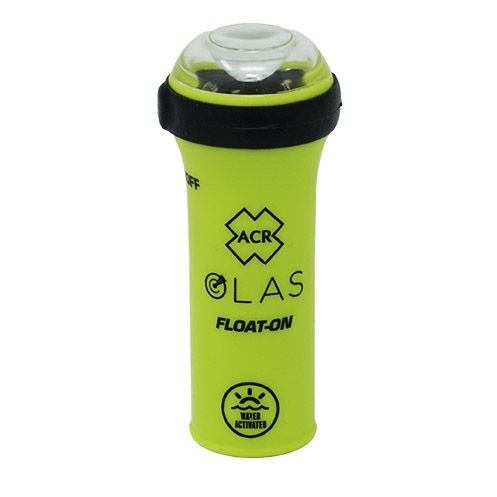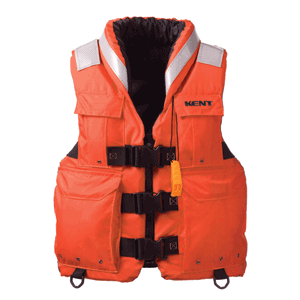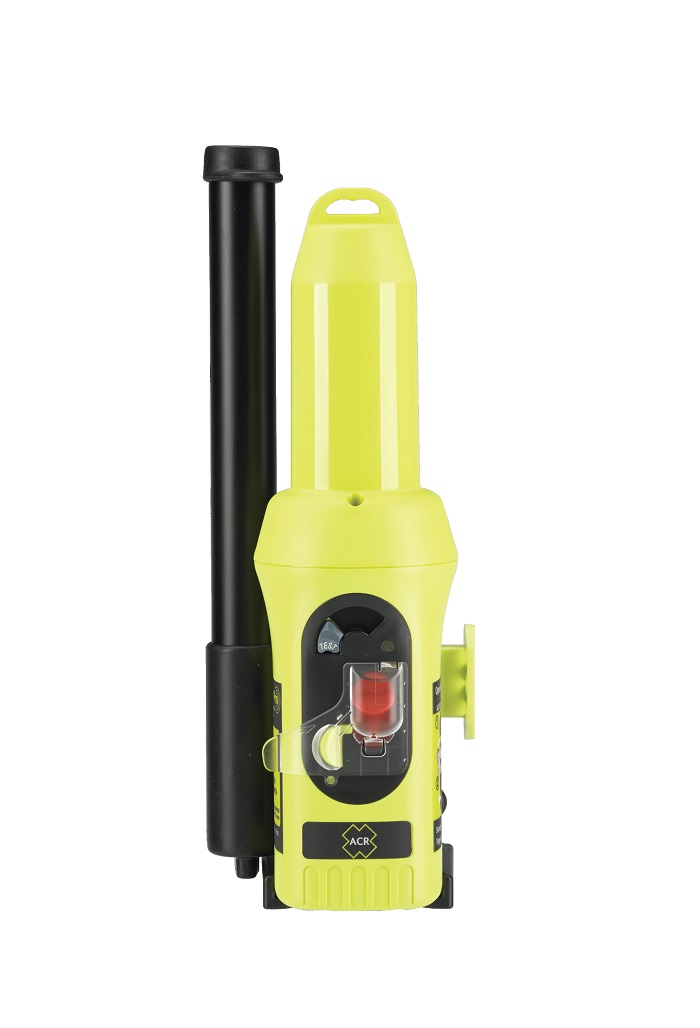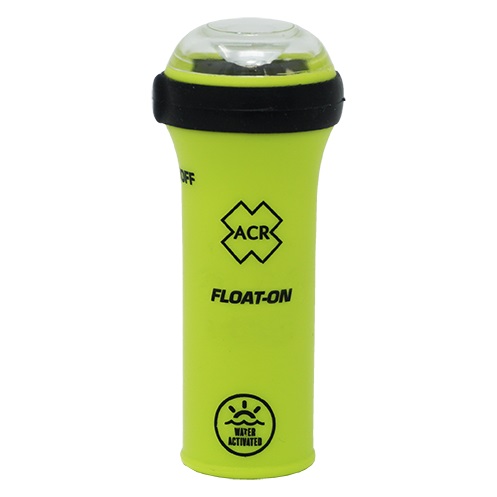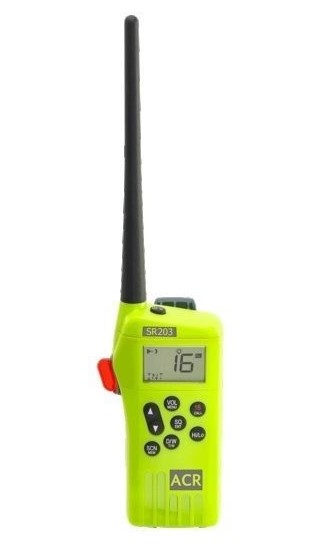Why Is My Lower Unit Making Noise?
Introduction
If you’ve been asking yourself, “why is my lower unit making noise?”—you’re not alone. Boaters across the world face unexpected clunking, grinding, or whining sounds from their gearcase. These sounds can range from mildly irritating to a critical sign of internal damage. Understanding what causes these noises and how to respond can save you thousands of dollars in repairs and prevent catastrophic failure on the water.
This detailed guide covers everything from diagnosis to repairs and includes expert tips to keep your lower unit silent and smooth. Whether you’re dealing with a simple propeller issue or a failing gear set, we’ve got you covered.
Overview / What Is Lower Unit Noise?
The lower unit, also known as the gearcase, is the part of your outboard or sterndrive engine responsible for converting engine power into thrust by spinning the propeller. When something goes wrong within this component, noises are often the first warning signs.
Common types of lower unit noise include:
- Grinding: Worn or damaged gears or bearings.
- Whining: Gear lash or poor lubrication.
- Clunking: Shift linkage issues or a worn clutch dog.
Each type of noise tells a different story. Knowing how to identify and react to these sounds is key to preserving your boat’s performance.
Step-by-Step Guide to Diagnosing Lower Unit Noise
- Start with Visual Inspection: Look around the propeller for fishing line, dings, or corrosion.
- Check Lower Unit Oil: Drain and inspect for metal shavings or a milky appearance.
- Run with Earmuffs: Use water muffs to start the engine and listen for noise during idle and gear shifts.
- Shift Through Gears: Listen for clunks or grinding as you move from neutral to forward/reverse.
- Prop Shaft Play: Wiggle the prop to detect lateral or axial movement indicating worn bearings.
Common Issues and Fixes
When asking, “why is my lower unit making noise?”, it’s often one of these issues:
Worn or Broken Gears
Over time, gears wear out or chip, especially if gear oil is low or contaminated. This produces a grinding noise, especially under load.
Fix: Disassemble and inspect gears. Replace with OEM or high-quality aftermarket parts, and always refill with fresh marine-grade oil.
Damaged Bearings
Bearings allow smooth rotation of the propeller shaft. When they degrade, you’ll hear high-pitched whining or rumbling, especially at speed.
Fix: Remove and replace damaged bearings. If bearings have failed due to poor lubrication, inspect surrounding gears and shafts too.
Why Is My Lower Unit Making Noise Under Load?
One common boating complaint is hearing noises only under throttle. When the engine is in gear and applying force to the propeller, any imperfections in the drivetrain become amplified.
Check for:
- Gear backlash: A result of worn or misaligned gears.
- Loose prop: Can wobble or knock under thrust.
- Shift dog slippage: Causes knocking when gears disengage.
Warning: Running under load with a noisy lower unit can cause catastrophic damage. Address it immediately to avoid complete gearcase failure.
Lower Unit Troubleshooting Techniques
Before tearing down your unit, try these lower unit troubleshooting tips:
- Use a mechanic’s stethoscope: Pinpoint internal noise during operation.
- Pressure test: Find failed seals causing oil loss or water intrusion.
- Magnet test: Drag a magnet through drained gear oil to find shavings.
If any of these reveal problems, it may be time for a rebuild or professional service.
Best Lower Unit Repair Options
If your diagnostics confirm internal failure, consider the following:
- DIY Repair: Best for mechanically skilled boaters with time, tools, and manuals.
- Marine Technician: Ideal for those lacking experience or needing warranty-backed work.
- Replacement Units: When repairs exceed 60% of the cost of a new or rebuilt unit, replacing is smarter.
Explore AllBoatSupplies for high-quality OEM and aftermarket gearcases.
Maintenance Tips
Want to avoid asking, “why is my lower unit making noise?” Here are the top lower unit maintenance tips to prevent trouble:
- Change gear oil every 100 hours or seasonally.
- Flush with fresh water after each use.
- Check for fishing line or debris around the prop.
- Grease prop shaft and check torque regularly.
- Replace the water pump impeller every 2–3 seasons.
Regular checks and small investments in maintenance can save you thousands later.
Expert Advice and Pro Recommendations
According to marine technicians, many lower unit problems start small and go unnoticed. By the time you’re asking “why is my lower unit making noise,” damage may already be underway.
Pro tips:
- Use synthetic marine gear oil: It reduces friction and enhances component life.
- Invest in a magnetic drain plug: It will trap metal particles early before they cause wear.
- Schedule annual service: Even if you’re a DIYer, a second set of trained eyes helps.
How to Quiet a Noisy Lower Unit
Here’s how to resolve minor noise issues before they escalate:
- Inspect and re-torque the propeller.
- Drain oil and inspect for signs of contamination.
- Test with a new propeller: Sometimes prop hubs or damaged blades cause vibration.
- Apply gear lube with extreme pressure additives.
- Test noise with the engine off: Rotate the propeller by hand and listen for grinding.
Lower Unit Cost and Durability
Lower unit repair cost varies greatly depending on the issue:
- Seal replacements: $150–$300
- Gear and bearing rebuild: $800–$1,500
- New OEM lower unit: $1,800–$3,500+
Well-maintained lower units can last 1,000–2,000 hours, but neglect drastically shortens their lifespan. Routine care and catching issues early can preserve your investment for years.
Detailed FAQ Section
Why is my lower unit making a grinding noise?
Grinding sounds typically point to gear wear or bearing failure inside the lower unit. This can happen due to low or contaminated gear oil, water intrusion, or extended use without maintenance. If you hear grinding during acceleration or gear shifts, stop using the boat immediately and inspect the oil. Metal particles in the oil confirm internal damage. Replacing worn gears and bearings is essential before operating again, or the unit may seize or fail completely.
Can a damaged propeller cause noise in the lower unit?
Yes, a damaged or unbalanced propeller can cause knocking or rumbling that seems like it’s coming from the lower unit. Bent blades or a worn hub insert can lead to vibration, especially under throttle. Always inspect the propeller first when diagnosing noise. If the noise persists after changing or rebalancing the prop, inspect internal components next. Proper propeller maintenance can prevent unnecessary wear on internal gearcase parts.
Is it safe to operate with a noisy lower unit?
No, running your boat with a noisy lower unit can lead to catastrophic failure. Strange noises are your engine’s way of signaling internal distress. Continuing operation may worsen gear damage, cause overheating, or lead to propeller disengagement while under load. If you’re unsure of the cause, the safest choice is to stop use and either inspect the lower unit yourself or take it to a certified marine mechanic for evaluation.
How can I prevent lower unit noise in the future?
Preventing lower unit noise comes down to regular maintenance. Start by changing gear oil at the end of every season, inspecting for metal particles. Flush the unit after every saltwater use. Replace the water pump impeller every few years, as it plays a critical role in cooling. Grease fittings and prop shaft areas regularly. Lastly, inspect seals and gaskets annually and replace them if signs of wear appear. Preventative care is the best defense against future lower unit issues.
How do I know if the noise is from the lower unit or engine?
Differentiating between engine and lower unit noise can be tricky. Lower unit noises typically occur when shifting gears or accelerating under load. Use a mechanic’s stethoscope while the engine is running with water muffs to isolate the source. Listen near the lower unit for grinding, whining, or clunking. If the noise is present even in neutral or idling, it may be engine-related. For certainty, drain the gear oil—metal shavings or water presence confirms lower unit problems.
Special Offer
WELCOME5 – Get 5% off storewide at allboatsupplies.com
Conclusion
If you’ve been wondering, “why is my lower unit making noise?”, now you have a detailed roadmap to troubleshoot, diagnose, and fix the issue. Unusual sounds from your lower unit aren’t just annoying—they’re warning signs of potential failure. From grinding gears to loose props, addressing problems early is critical. Follow regular maintenance, use quality gear oil, and inspect components often to ensure a quiet, long-lasting boating experience. If in doubt, trust a marine pro to protect your investment and keep your boat running strong.
Read More
For more helpful marine maintenance guides, check out our article on Signs Your Lower Unit Is Going Bad.


